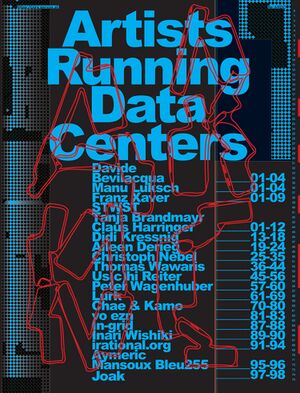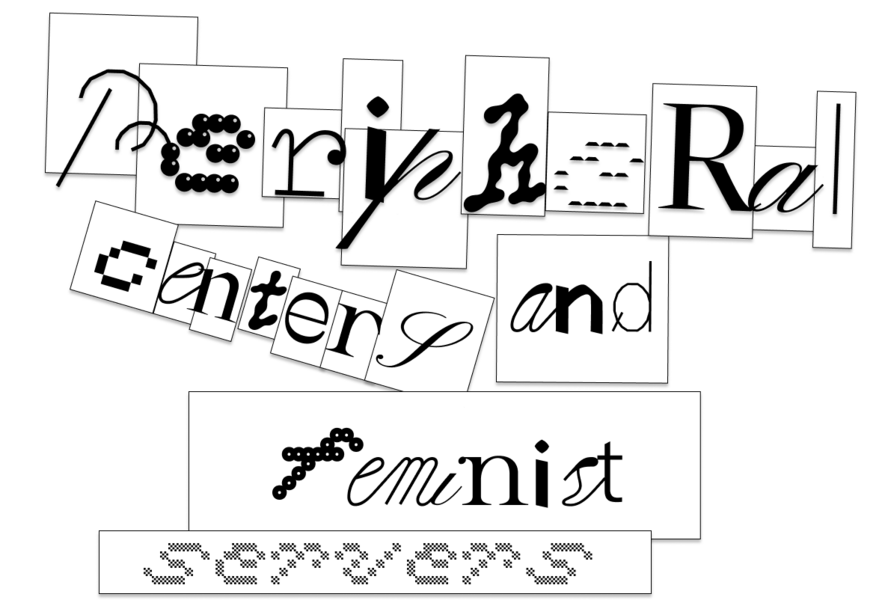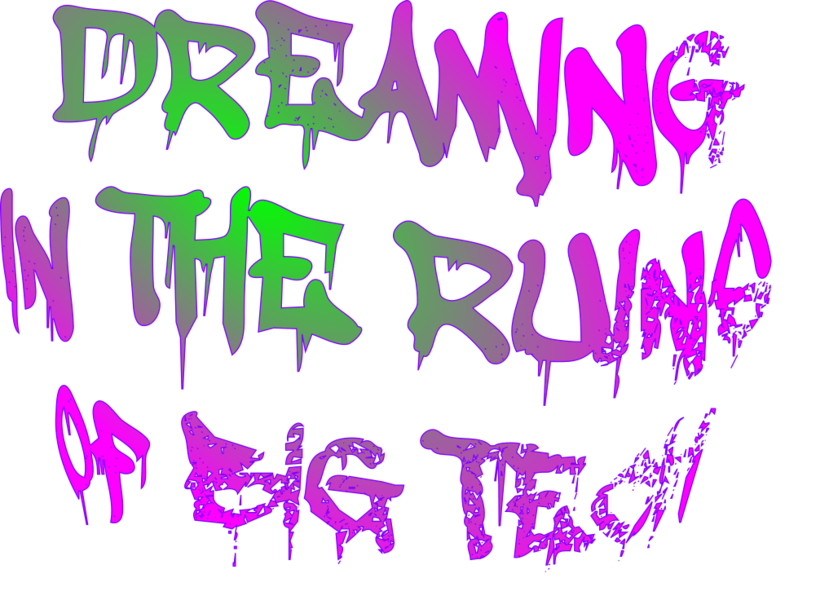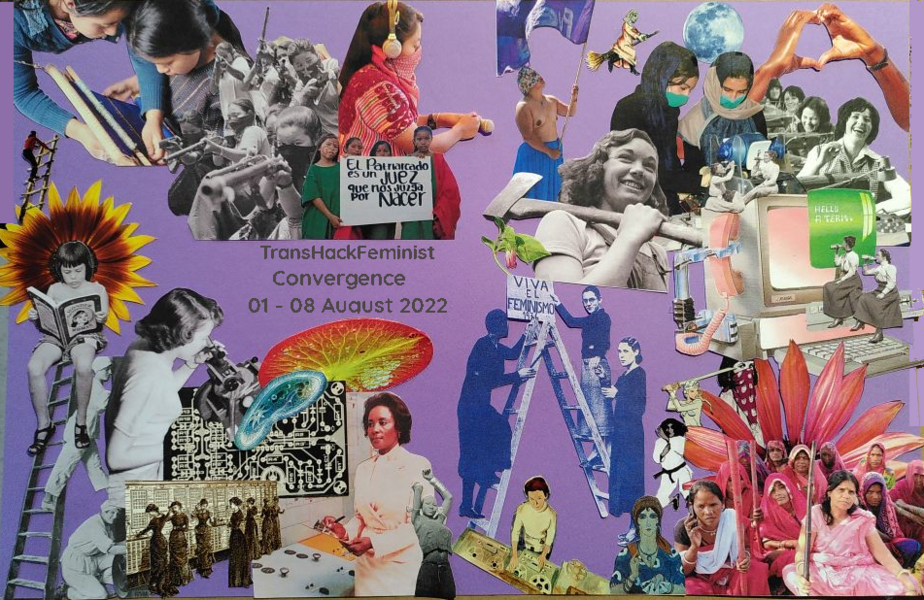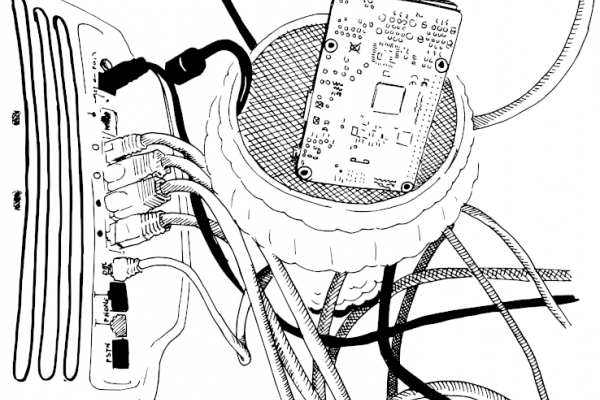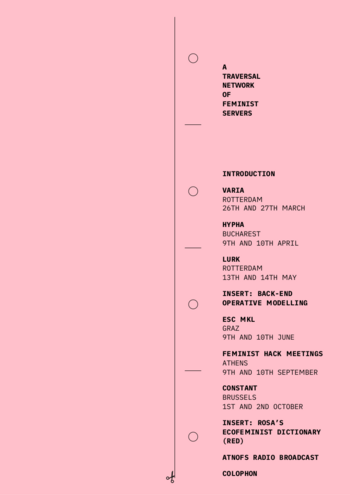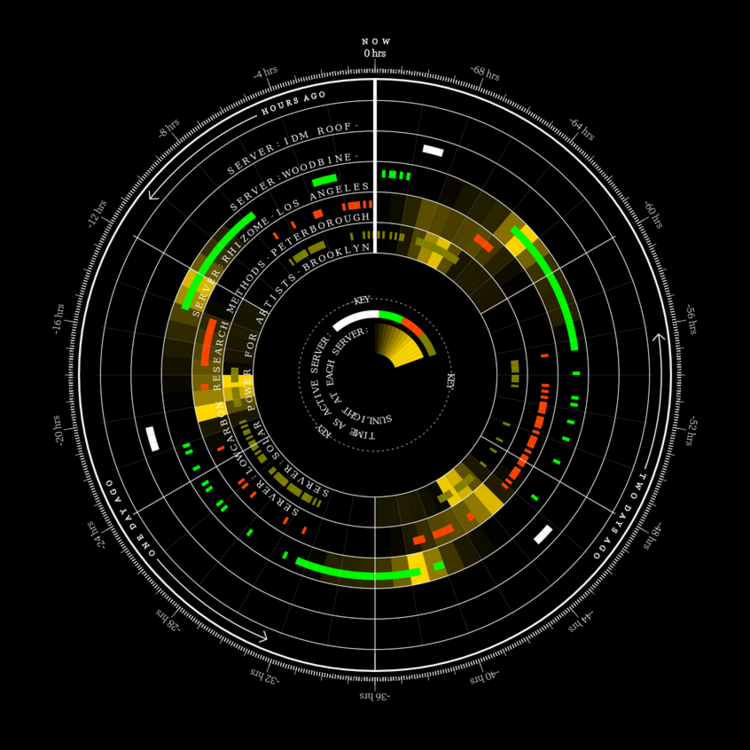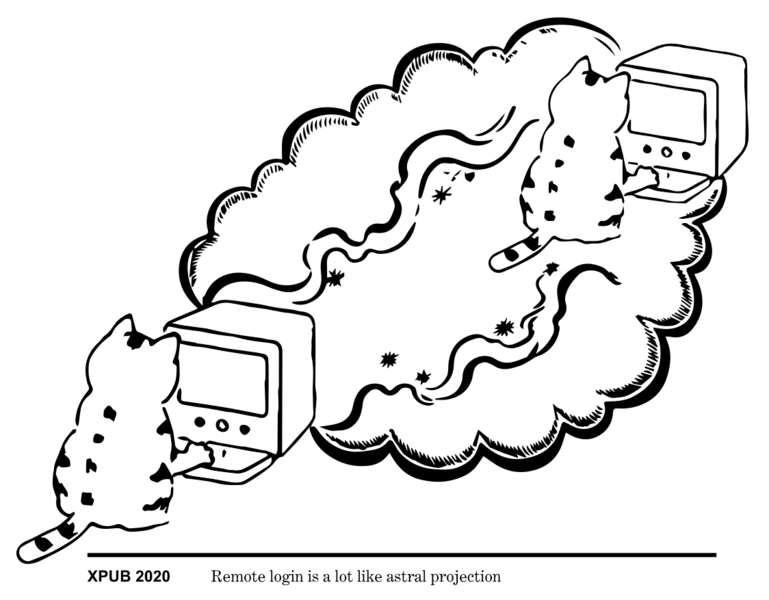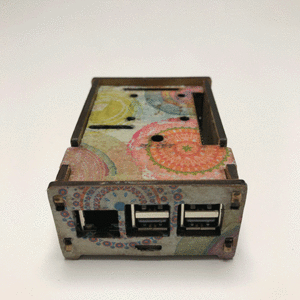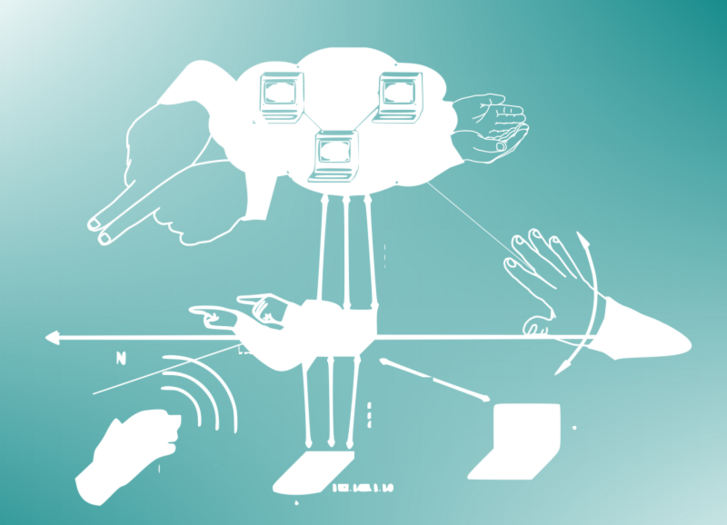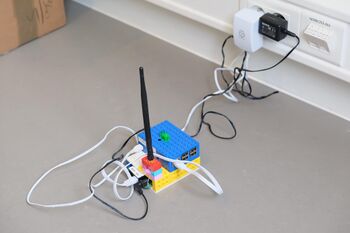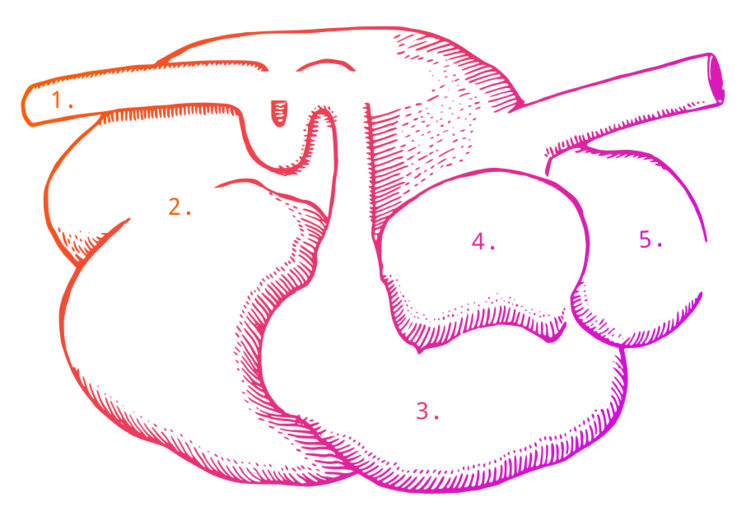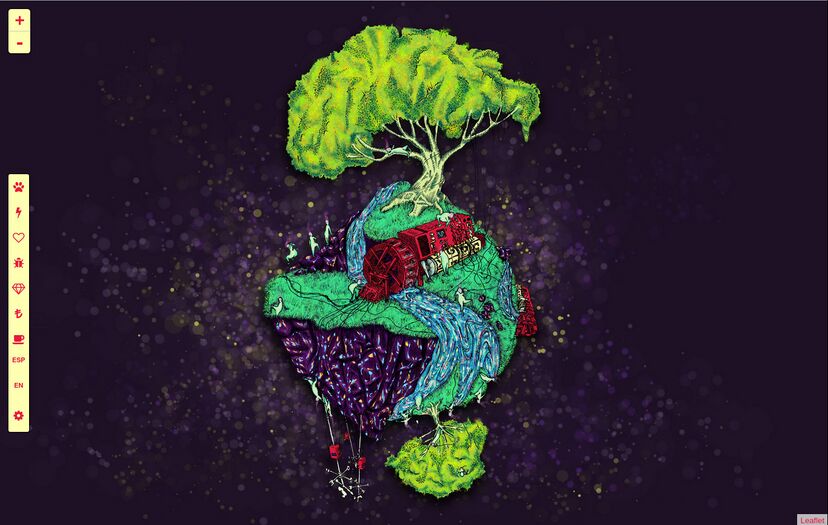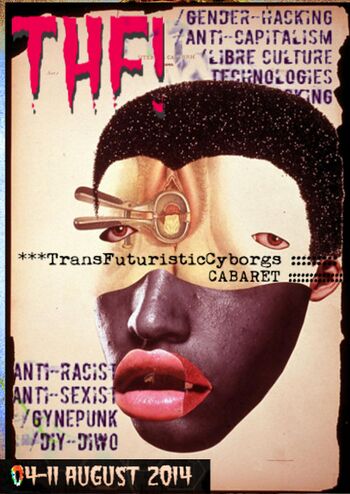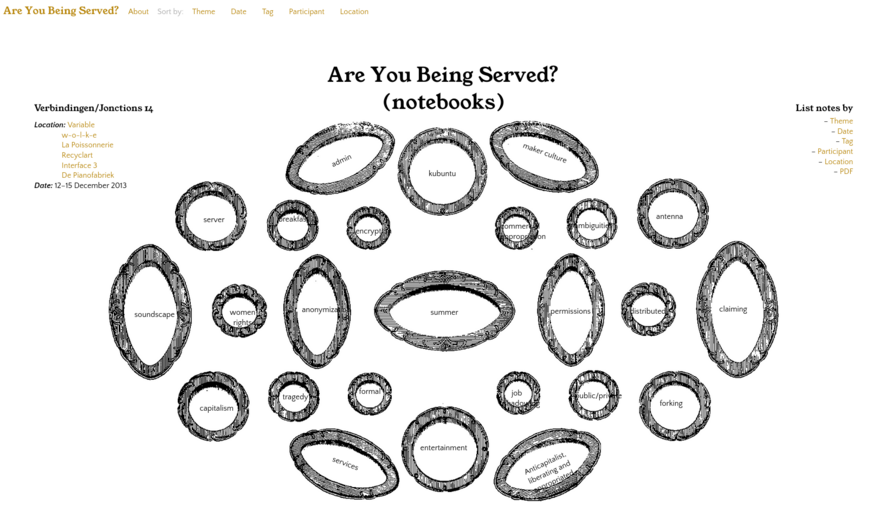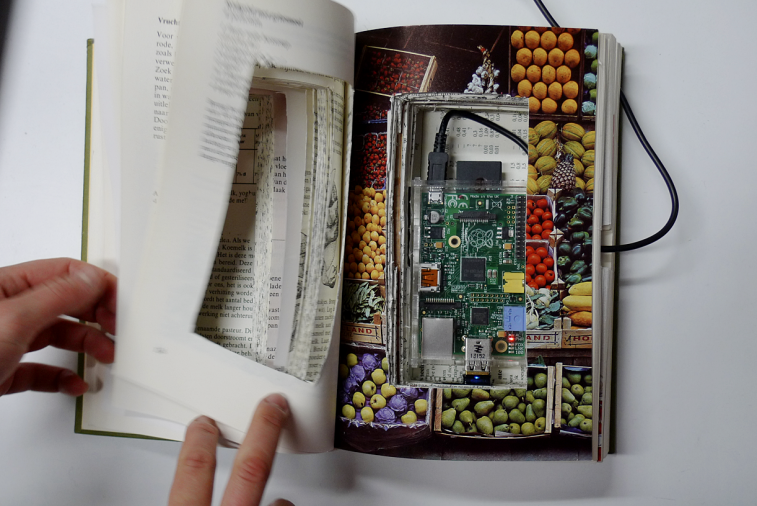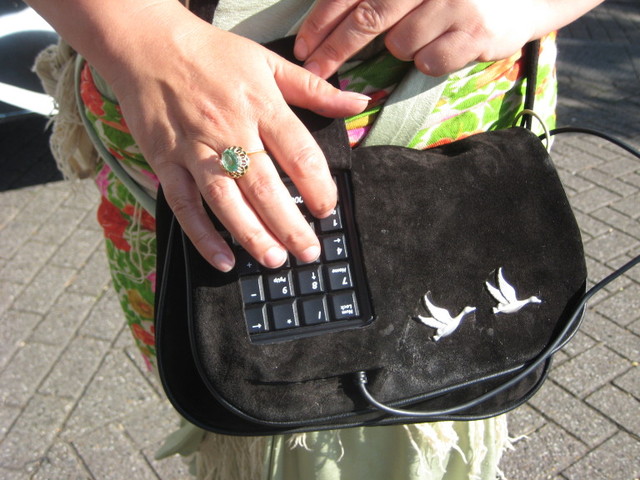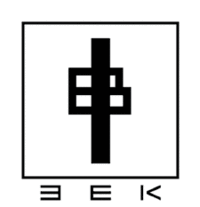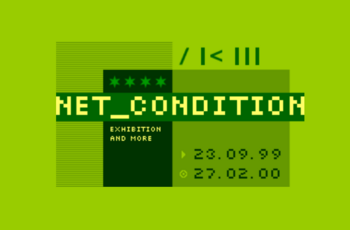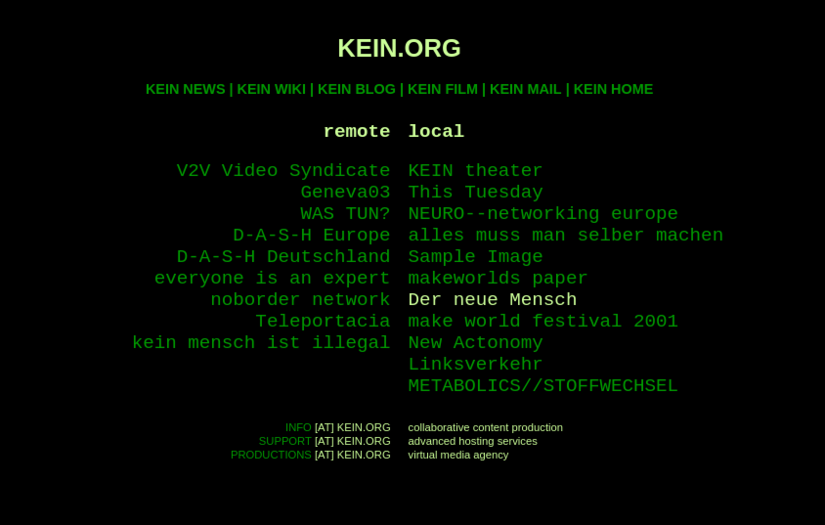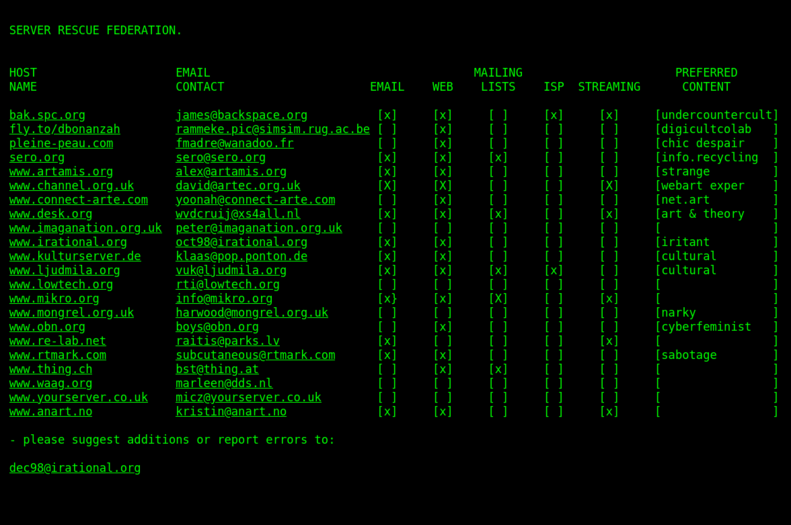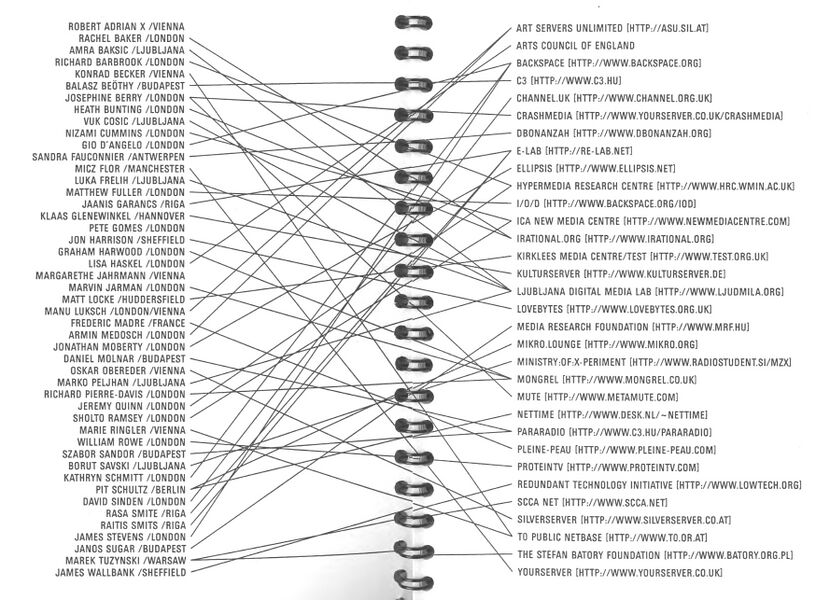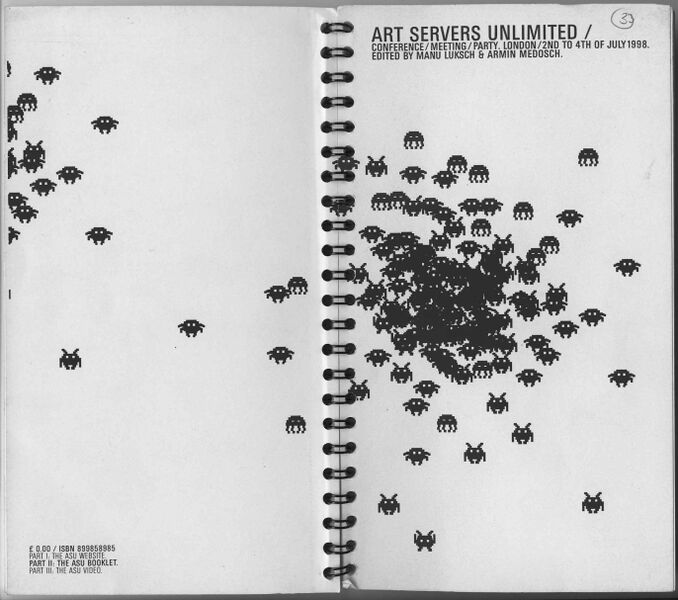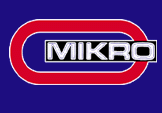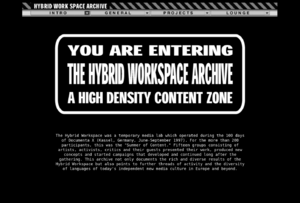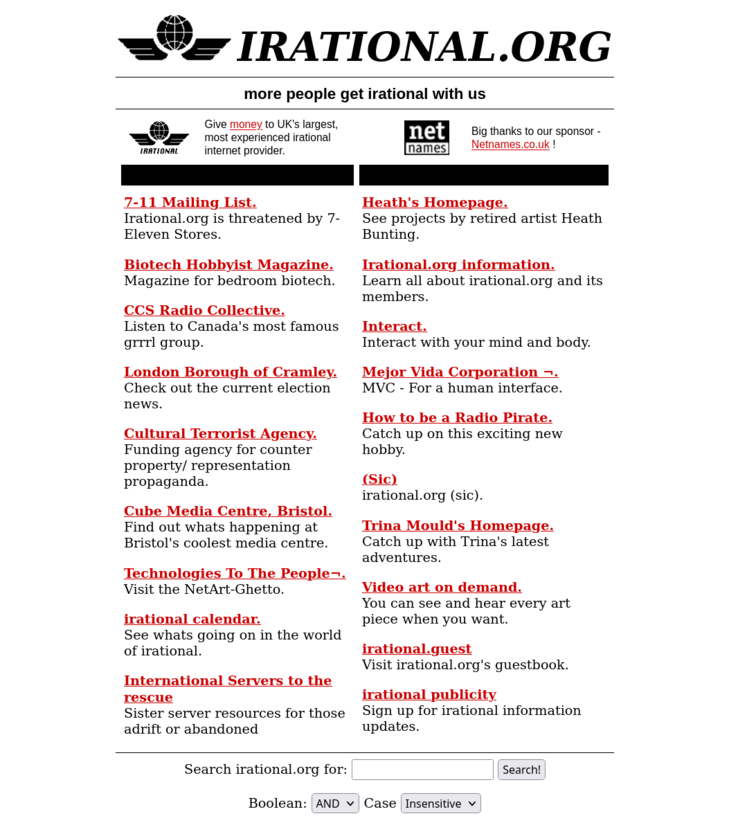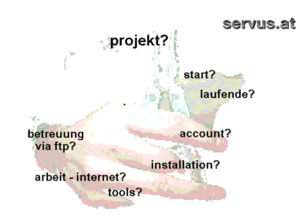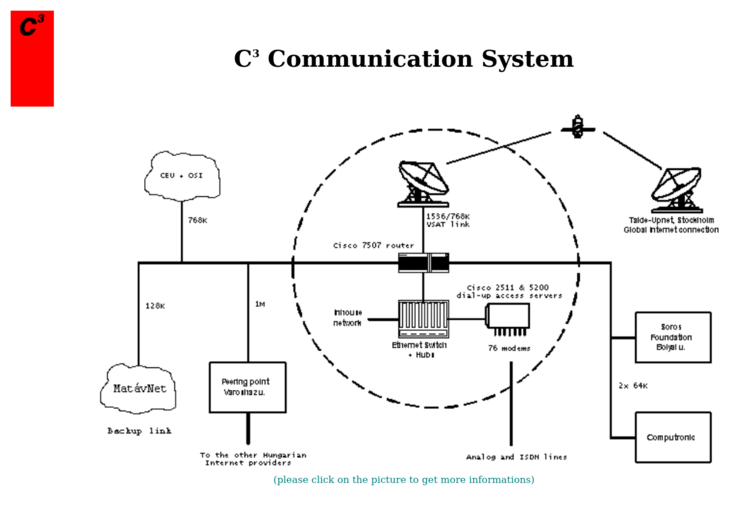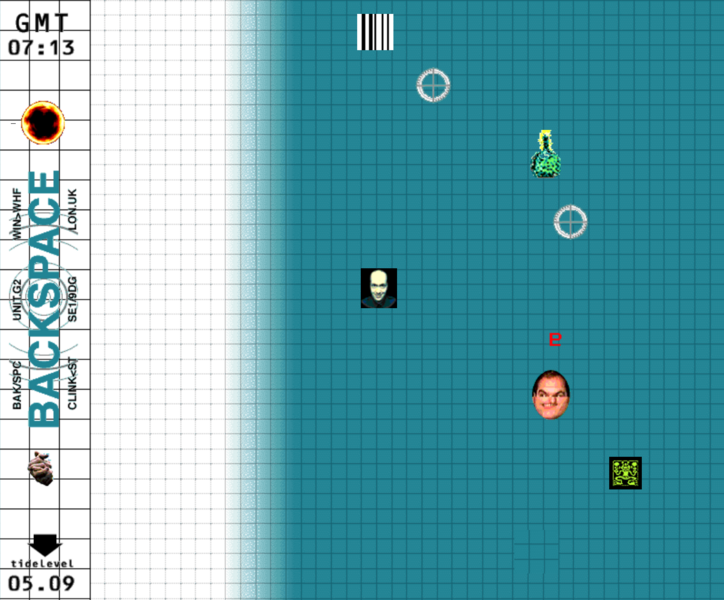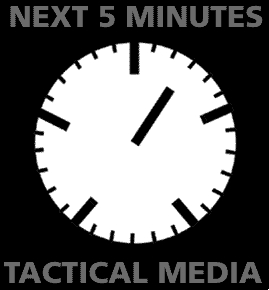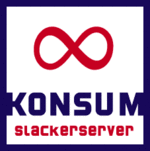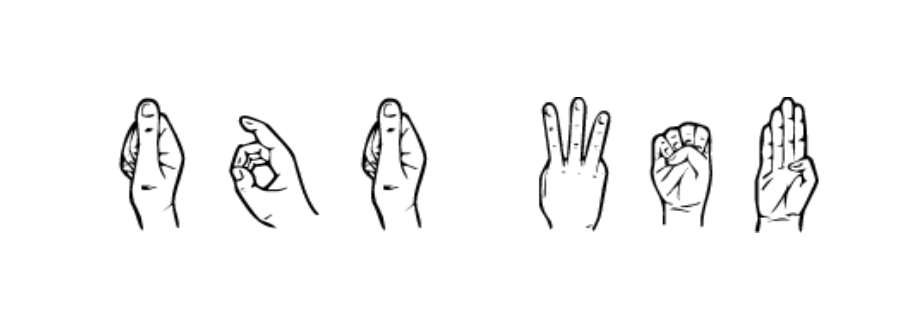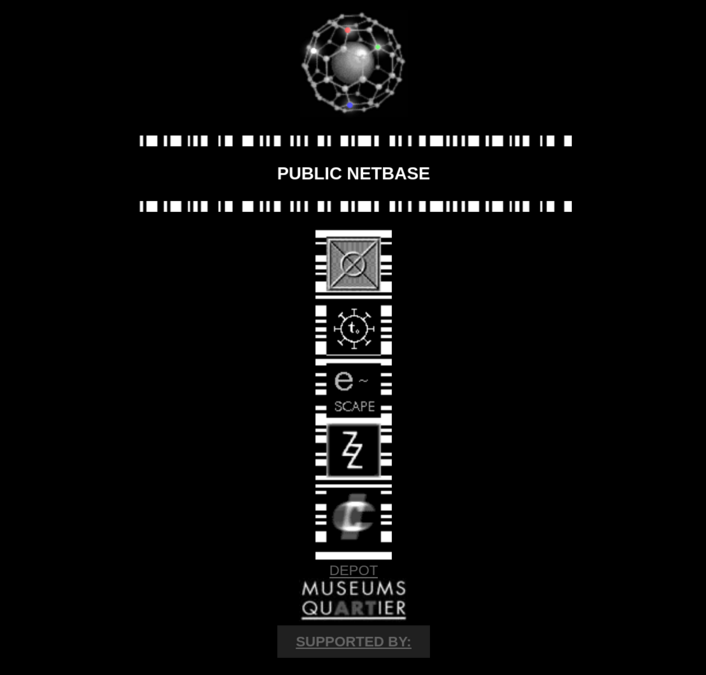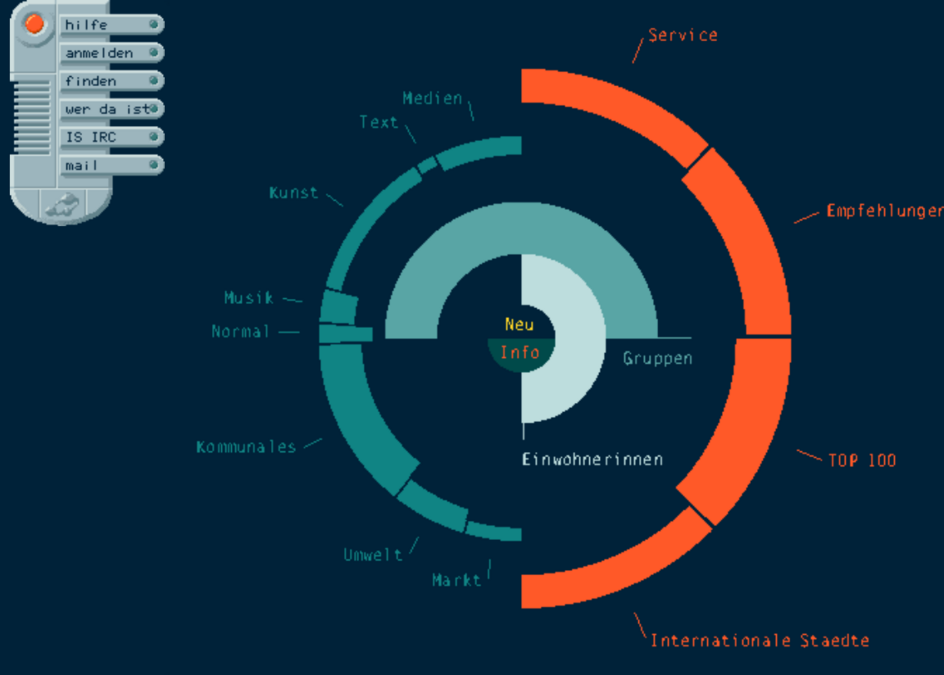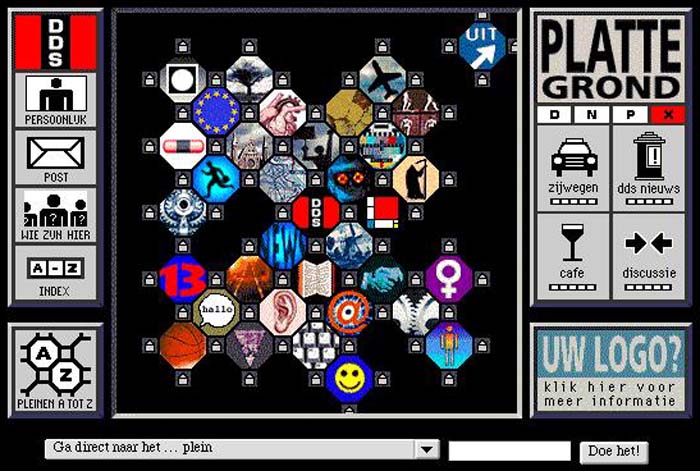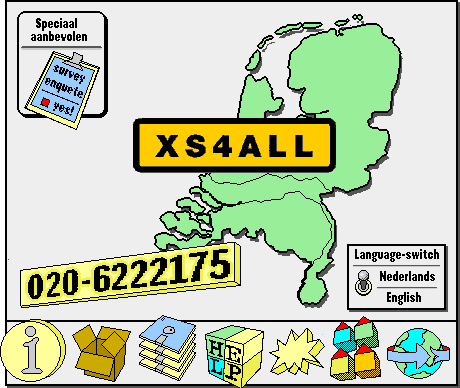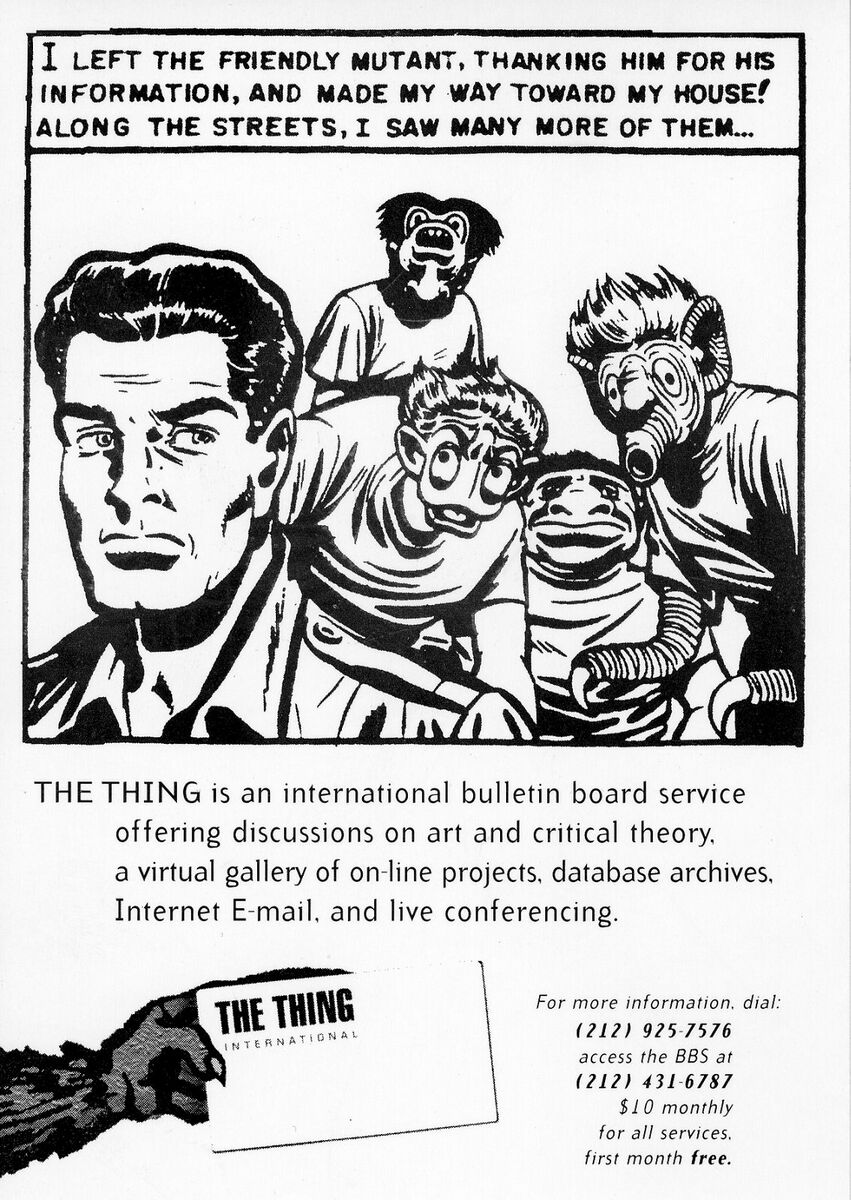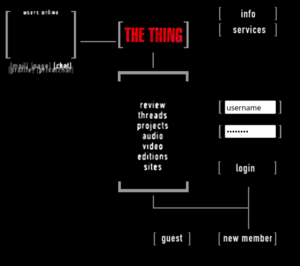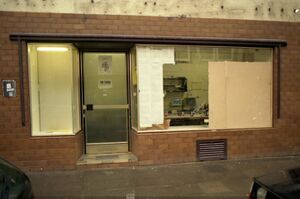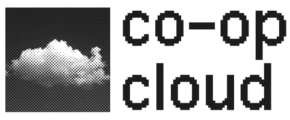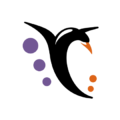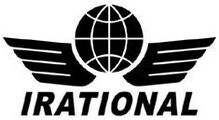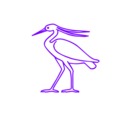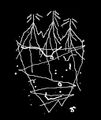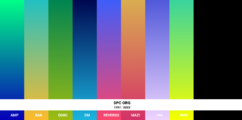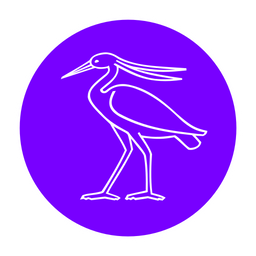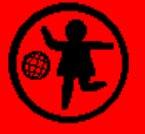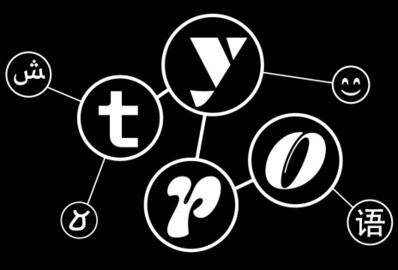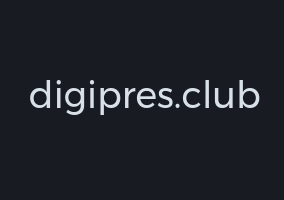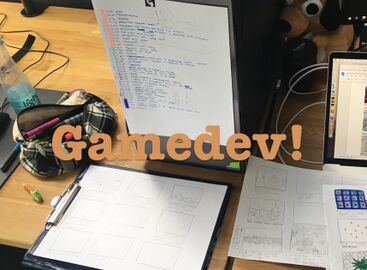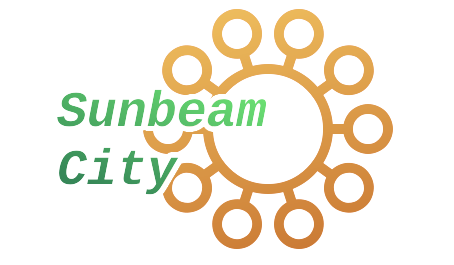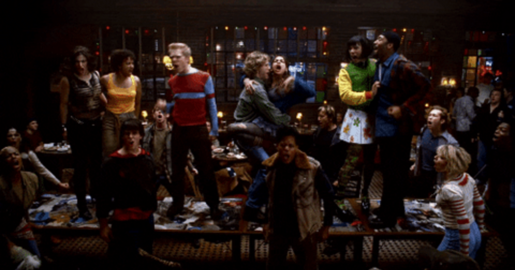Community servers
For interdependent, feminist, trans*feminist, free/libre, self-hosted, experimental, federated, radical, autonomous, collective, cooperative, community and art servers
adaweb.com aktivix.org anarchaserver.org antenna.nl anart.no anatomix.waag.org artbase.rhizome.org artnode.dk artnode.se autistici.org autolumi.net autonomic.zone bak.spc.org bek.no bitnik.org c3.hu chatons.org clandestina.io club1.fr codigosur.org conexion.org coopcloud.tech data.coop datakollektivet.no dds.nl desk.org deuxfleurs.fr diebin.at disroot.org domainepublic.net ecn.org ecobytes.net framasoft.fr freifunk.net futuretic.fr guifi.net irational.org is-bremen.de is.in-berlin.de is.koeln-de kein.org klank.school klingt.org konsum.net libreho.st lo-res.org ljudmila.org lurk.org network23.org mayfirst.coop med-user.net minadoraserver.art multiplace.org mur.at muu.fi node9.org nolog.cz ps.lesoiseaux.io riseup.net runme.org sero.org servus.at silverserver.co.at smufsa.nu snopyta.org subnet.at systemli.org systerserver.net t0.or.at tachanka.org thething.it thing.at thing.ch thing.de thing.net thing-frankfurt.de thing-hamburg.de thing-net.de this.is turbulence.org ukrudt.net vedetas.org virose.pt top-ev.de xchange.re-lab.net xcult.org
2025[edit]
- 🗐 Benedetta Piantella, Syeda N. Anjum, Aakruti Lunia, Alex Nathanson, Tega Brain, Kayla DesPortes, "Harvesting Light, Cultivating Care: Exploring Intermittence As Framework for Infrastructuring and Stewardship", Proceedings of the ACM on Human-Computer Interaction 9:7, October 2025, 31 pp. Investigates the lived experiences of volunteers stewarding solar powered servers within the Solar Protocol experimental network. DOI.
- 🗐 Armin Medosch, The Rise of the Network Commons: A History of Community Infrastructure, eds. Volker Ralf Grassmuck and Adam Burns, Amsterdam: Institute of Network Cultures (Theory on Demand), May 2025, 107 pp. A cultural history of wireless community network projects around the world. Based on draft developed from 2013-2015. Book website. Publisher.
- 🗐 Tamara Pearson, "Mexican Activists Are Building Digital Defenses Against Big Tech Colonialism", Truthout, 14 May 2025.
- 📺 more than alternatives - present and future of self-organized noncommercial FOSS & art server projects, panel discussion, video, Grazer Linuxtage, Graz, 26 April 2025, 45 min.
- 🖳 klank.school, 2025–present. A community-run space / server for sonic practitioners based in Rotterdam who share a common interest in performances, sound art, improvisation and noise.
2024[edit]
- 🗐 Artists Running Data Centers, ed. Davide Bevilacqua, Linz: servus.at, December 2024, 100 pp. Presents a series of conversations with actors from the context of servus.at and the communities of radical net cultures around the Art Meets Radical Openness festival, who are running independent, experimental, radical and cultural data centers. Toot. Book release.
- 🗐 "None of this experiment is evident. A conversation on Irational server", titipi.org, July 2024. A conversation between Kate Rich (Irational) and Femke Snelting (TITiPI).
- Our Networks 2024: Does not (cloud) compute, Vancouver, 27 July 2024. "Think: #localfirst x #permacomputing x #solarservers x hanging out on a LAN together to collectively explore what collaboration and online presence looks like when a network is optional." Toot.
- Digital Caretaking ☲fireside☲, series of talks, every second Tuesday, 9 July-3 December 2024. With Shahee Ilyas, Nancy Mauro-Flude, Kate Rich, Denisa Kera, Jo Pollitt, Samara McIlroy, Jason James, Aymeric_Mansoux.
- 🖳 compost.party, June 2024–present. "A repurposed smartphone running on solar power. It's a web server pieced together from scraps, humming in the attic of an apartment building." Toot. Toot.
- Peripheral Centers and Feminist Servers, Varia, Rotterdam, 28 March 2024. Realised in the context of Quilting infrastructures (Special Issue 23) of the Experimental Publishing Master (XPUB), Piet Zwart Institute, Rotterdam, January-March 2024. "Peripheral centers and feminist servers investigate multiple approaches to the conditions of serving. It interrupts the endless flow of data that fuels the economy, exposing the cracks and gaps of the techno-scientific paradigm imposed on society. Where commands are executed, connections made, trust exchanged, and resources shared." Wiki.
2023[edit]
- 🖳 Ukrudt.net, Syd-Fyn, Denmark, 2023–present. "A partially self-funded community server in Syd-Fyn. We host various services for activists and organisations. Ukrudt.net is a feminist server" (2025). See also T—A—K technological workers' cooperative (*2024).
- 🗐 Shusha Niederberger, Anthonie de Groot, "«Jetzt haben wir die Cloud und alles ist magic magic»", splatz.space, November 2023. Interview. (German)
- Solidarity Infrastructures, a class co-taught by Max Fowler and Alice Yuan Zhang at the School for Poetic Computation (New York) looking at and experimenting with analog and digital infrastructures in various forms, Spring 2023, Winter 2024. Toot.
- 🗐 Marloes de Valk, "rosa's Ecofeminist Dictionary", Solar Protocol, April 2023. "rosa's Ecofeminist Dictionary (rED) is a network of people, practices, and terms, the result of many conversations with those who have logged in and out of a server called 'rosa' in the past year. rosa was the protagonist of the project 'A Traversal Network of Feminist Servers,' which de Valk participated in to find out what the practices around feminist servers reveal about creating a smaller environmental footprint, and to find out if there is such a thing as an ecofeminist server." Toot.
- On 8th of March 2023, we call for a Counter Cloud Action Day.
- On this day, we will try to withhold from using, feeding, or caring for The Big Tech Cloud. The strike calls for a hyperscaledown of extractive digital services, and for an abundance of collective organising. We join the long historical tail of international feminist strikes, because we understand this fight to be about labour, care, anti-racism, queer life and trans★feminist techno-politics.
- Too many aspects of life depend on The Cloud. The expansionist, extractivist and financialized modes of Big Tech turn all lively and creative processes processes into profit. This deeply affects how we organise, and care for resources. Many public institutions such as hospitals, universities, archives and schools have moved to rented software-as-a-service for their core operations. The interests of Big Tech condition how we teach, make accessibility, learn, know, organise, work, love, sleep, communicate, administrate, care, and remember.
- Especially now our dependency on Big Tech Cloud seems intractable, it is time to reclaim space for renegotiating what might be possible. We want to imagine different infrastructures for collective life with and without computation. By calling for cloud resistance, we want to center slow trans★feminist, anti-racist and anti-imperial server practices. We want local digital storage, self-hosted videocalls, and collaborative server hosting. We want antifa-infras, low-energy graphics and queer circuits. We want accessible development, sustainable tech-maintainance, and feral supply chains. We want the end of work conditioned by Big Tech, and ultimately, the end of work. We want systemic, joyful, techno-political change. 🖇
- International Trans★Feminist Digital Depletion Strike, multiple locations, 8 March 2023. Convened by Anarchaserver, Constant, esc, Varia, Systerserver, TITiPI, a.o. Events. Mastodon feed, [7]. Mastodon account. Images. List. [8] [9]
- 🗐 International Trans★Feminist Digital Depletion Strike, February/March 2023. Published as a webpage hosted and asynchronously maintained by a network of networks. (multiple languages)
- 🗐 Hosting with, eds. Manetta Berends, Angeliki Diakrousi, and Artemis Gryllaki, Rotterdam: Varia, March 2023, [16] pp, PDF. Zine; a conversation around collective hosting practices in the context of art servers, community servers and feminist servers (AMRO, Linz, June 2022). [10] [11]
- 🗐 Tangible Cloud, Brussels, February 2023. Collection of interviews with participants of two worksessions held in May and June 2022 in Brussels. Together, they tried to imagine, through artistic practices, counter-narratives to the mainstream vision of the digital: cloud computing.
- Tangible Cloud, exhibition, Galerie KBK, Brussels, 3-5 March 2023. "The worksessions resulted in a diverse production, based on proposals by Élie Bolard, Seda Gürses and Femke Snelting (TITiPI), Dasha Ilina, and Marloes de Valk: a series of cards with executable words helping to reflect on more sustainable and supportive artistic practices using technology; technological fables highlighting the implications of the cloud right into our intimacy; parodic videos questioning our paradoxical relationship to platforms mixing individualism and isolation but also desire for spirituality and communion; or electronic server installations whose execution requires zany or provocative actions, possibly foreshadowing a not so distant future... This exhibition was an opportunity to share some of the productions resulting from this research through a performance by Stevie Ango and Clyde Lepage, a series of pieces from the workshops, the edition of a deck of cards, as well as a preview of the upcoming publication and the 17 interviews conducted for the occasion. With the participation of Agnez Bewer, Anaelle Beignon, Davide Bevilacqua, Élie Bolard, Sofia Boschat Thorez, Simon Browne, Dennis de Bel, Marloes de Valk, Romain Cazier, Celo, Stéphane Degoutin, Denis Devos, Benjamin Gaulon, Antoine Gelgon, Seda Gürses, Chloé Horta, Brendan Howell, Dasha Ilina, Mathieu Lecouturier, Alexandre Leray, Lionel Maes, Nicolas Malevé, Romain Marula, Adrien Payet, Peggy Pierrot, Marianne Plano, Femke Snelting, Camille Chautru, Thomas Thibault, Tyler Reigeluth and Emma Sizun."
- 🗐 Shusha Niederberger, "Minor User: Subjectivity of Small Technology", A Peer-reviewed Newspaper 12(1): "Toward a Minor Tech", Aarhus: Digital Aesthetics Research Center, Aarhus University, February 2023, p 4; rev. as "Calling the User Interpellation and Narration of User Subjectivity in Mastodon and Trans*Feminist Servers", APRJA 12(1): "Minor Tech", September 2023, pp 177-191. Toot. Publisher, Publisher.
- 🗐 Mara Karagianni, ooooo, Nate Wessalowski, vo ezn, "Feminists Federating", A Peer-reviewed Newspaper 12(1): "Toward a Minor Tech", Aarhus: Digital Aesthetics Research Center, Aarhus University, February 2023, p 4; rev. as nate wessalowski, Mara Karagianni, "From Feminist Servers to Feminist Federation", APRJA 12(1): "Minor Tech", September 2023, pp 192-208. Publisher. Publisher.
- 🗐 h3artbl33d, "2023 is the year of #selfhosting", exquisite.social, January 2023. Toot and discussion.
- 🗐 Martino Morandi, "Constant Padology", MARCH, January 2023.
2022[edit]
- 🗐 Lukas Engelhardt, with Paul Bille and Ada Reinthal, Self Hosting Manual, December 2022–. "The goal of this publication is to make self-hosting, a topic that comes with several technical hurdles, accessible to a more general public and beginners, while still being a useful resource to more advanced readers. No prerequisites are required from the reader." [12] [13]
- 🗐 Prospections: "Digital Discomfort", eds. Cell for Digital Discomfort (Cristina Cochior, Karl Moubarak, and Jara Rocha), Utrecht: BAK, December 2022–. "With “Digital Discomfort,” CfDD continue their collective study of cultures and practices of computation and invites other reflections, grammars, and actions that contribute to a plurality of inter-dependent, anti-colonial, trans*feminist, anti-ableist, and environmentally just worldmaking practices of computation. These contributions grapple with the complex distribution of agencies and stakeholders, even if it’s technically impossible to make the apparatus just “stop.”"
- 🗐 "A Fair New Idea — A feminist video streaming platform", Zoia Horn, November 2022.
- 🗐 Counter Cloud Action Plan, Brussels: The Institute for Technology in the Public Interest, November 2022, 35 pp, PDF, PDF. Toot.
- 🗐 Infrastructural Interactions: Survival, Resistance and Radical Care, eds. Helen V Pritchard and Femke Snelting, Brussels: The Institute for Technology In the Public Interest, November 2022, 83 pp, PDF, PDF. "Computational infrastructures generate harms and damage beyond ethical issues of privacy, ownership and confidentiality. They displace agencies, funds and knowledge into apps and services and thereby slowly but surely contribute to the depletion of resources for public life. While data- infrastructures capture public data-streams, they also capture imagination for what a public is, and what is in its interest. We urgently need other imaginations for how we interface with infrastructures, beyond delivering a “solution” to a “need” (or the promise they can fulfill a future need). The workshops, documentation and structures in this workbook are a small contribution to making this complex paradigm shift together." Workbook wiki. Toot.
- The Thing Is, exhibition, modelo para armar, panke.gallery and /rosa, Berlin, 11 November-1 December 2022. "Back in the 90s, The THING, NY became known for building the first ever international net community of artists and art-related projects. This exhibition groups its founders and many active members living in New York throughout the 90s, 00s and 10s that were part of this community. Along came a few friends and colleagues that also worked closely with THE THING."
- 🗐 Michal Klodner, "Ecosystems and artistic research in forming digital curatorial infrastructures", in The Black Box Book. Archives and Curatorship in the Age of Transformation of Art Institutions, eds. Jana Horáková, Marika Kupková and Monika Szűcsová, Brno: Masaryk University Press, October 2022. [14]
- 🗐 Fedizine: An Anarchist Introduction to Federated Social Media, August 2022, 16 pp, PDF. Released for the Montréal Anarchist Bookfair. Toot.
- TransHackFeminist Convergence 2022: Feminist Infrastructure, Calafou, Barcelona, 1-8 August 2022. "From below and from the sides, sometimes precarious, sometimes not very visible or invisible. What is our feminist infrastructure? The one that gives us a mattress, a den, a space of peace, fresh water and shade when we are on fire. The one that shares with us a little piece of land from which we can see the stars and imagine possibilities." Zine. [15]
- 🖳 Cascade Inquiry, July 2022–. "An initiative by Superflux that imagines future worlds where positive climate action has been taken. ... This website runs on a solar powered server located on the roof of King's College London just above our spatial activation."
- 🗐 mur.at Netzrauschen #014: systerserver.net, Radio Helsinki, June 2022, 60 min. Podcast interview. [16] [17]
- Trans★feminist servers...
- ... exist in the wishful space-time between the no longer and the not yet.
- ... are run for and by collectives that care for them to make them exist.
- ... will towards non-extractive relationships, but in the meantime, are accountable for the ones they are complicit with.
- ... wish many understandings of collectivities into being, learning from their differences: we, us, them, us + them, us - them, me + you, me + them, them - me, ...
- ... radically question the conditions for serving and service; they experiment with changing client-server, user-device and guest-host-ghost relations where they can. Who is serving whom? Who is serving what? What is serving whom? Are they being served?
- ... do not serve every body; they continuously re-negotiate what counts as accessible. They respond to the fluctuating abilities, embodied knowledges and genealogies of their care-takers and users.
- ... reject generalized definitions of efficiency, efficacy, ease-of-use, transparency, scalability, accessibility, inclusion, optimization and immediacy because they are often traps.
- ... are sometimes not available. They will interrupt the continuity of colonial and patriarchal servitude, in consultation with ancestral forces of construction and destruction across times.
- ... cultivate more-than-human love for the swamp of inter-dependencies they are with.
- ... operate with both technology and humanness as entangled praxes in the making.
- ... are committed to an intersectional analysis of the conditions for and the operations of computation.
- ... carefully scale up or down, and alternate processing speeds whenever conditions require.
- ... consider autonomy, sovereignty and the many forms of governance that they can commit to, as always partial and mutually constitutive, in constant negotiation of the conditions of possibility.
- ... are a situated techno-ecology. They are aware of the materialities of software, hardware and of their grounds.
- ... want networks to be read-able and write-able.
- ... know that networking is not always comfortable; it includes the modes of existence that are flourishing in-between promiscuous links and nodes of power.
- ... share their processes, tools, sources, habits, patterns and memories and place them in circulation, while recognizing that they do not always need to be understood.
- ... take the risk of exposing their insecurities and do not confuse security with safety. They learn from sex-positive cultures of consent, trauma-informed kink, BDSM, anarchist relationalities and polyamory; transformative, restorative and healing justice; non-violent conflict resolution and community accountability; only-partial reparations of damage; pleasure-affirming harm reduction; queer kinship and queer care; pre-figurative community building and safeword-friendly agreements. They draw boundaries where needed and create safer space-times if possible.
- ... strive for seamfulness, and response-able relationality. They practice digital discomfort and take walks on the rough side. 🖇
- 🗐 "Trans*feminist servers...", June 2022–; rev. as "A Wishlist for Trans*feminist Servers", Prospections: "Digital Discomfort", eds. Cell for Digital Discomfort, Utrecht: BAK, December 2022. Extends A Feminist Server Manifesto 0.01. Circulated at the 2022 edition of AMRO.
- "Trans*feministické servery...", 3/4, Bratislava, April 2023. (Slovak)
- Hosting with the Others, conversation, AMRO22 festival, Linz, 18 June 2022.
- 🗐 Infrables, Brussels: The Institute for Technology In the Public Interest, May 2022, 30 pp, PDF, PDF. "The infrables are a creative practice to turn anecdotes of infrastructural shifts, into stories and fables. In this way, they narrate negative use-cases and un-fixing bug reports as a solidary praxis. They are collective articulations of what extractive digital infrastructures are, and what they are doing. Infrables identify oppressive infrastructures or tools, but they crucially incite re-imaginations of other infrastructural realities. What infrables can we tell to take-down cloud narratives and undo their violences?" Wiki. Events. Interview.
- A Traversal Network of Feminist Servers (ATNOFS), series of events in six chapters, Varia, Rotterdam; HYPHA, Bucharest; LURK, online; ESC, Graz; Feminist Hack Meetings, Athens; Constant, Brussels, March-October 2022. A collaborative project "formed around intersectional, feminist, ecological servers. Understanding servers as computers that host space and services for communities around them, this project exists inside, and in between, roaming servers and different networks. ... Rosa is a feminist server that will travel to all the locations of the ATNOFS program, producing one chapter with each of the six partners of the project. ... It emerged from a mixture of motivations, including a wish to learn about system administration and servers in general, a wish to document server practices and share knowledge with political and cultural groups, and a wish to practice feminism in relation to technology by making tools and digital infrastructure" [18]. Pads. Websites: Varia (log), ESC, Feminist Hack Meetings, Constant.
- 🗐 A Traversal Network of Feminist Servers, eds. Alice Strete, Cristina Cochior, and elodie Mugrefya, March 2023, 189 pp, PDF. A publication from the ATNOFS project, collectively made with Wendy Van Wynsberghe, Vlad Dobrițoiu, Teo Săvoiu, Spideralex, Sergiu Nisioi, Roel Roscam Abbing, Reni Hofmüller, ooooo, Nina Botthof, Martino Morandi, Marloes de Valk, Mara Karagianni, Manetta Berends, Lídia Pereira, Julia Bande, Femke Snelting, elodie Mugrefya, Donatella Portoghese, Danae Tapia, Cristina Cochior, Azahara Cerezo, Aymeric Mansoux, Artemis Gryllaki, Aggeliki Diakrousi, Anca Bucur, amy pickles, Alice Strete, Alex Ștefănescu. Toot. [19]
- 🗐 Nancy Mauro-Flude, Yoko Akama, "A Feminist Server Stack: Co-designing Feminist Web Servers to Reimagine Internet Futures", CoDesign 18(1): "Designing for Reimagined Communities", eds. Lynn-Sayers McHattie and Brian Dixon, March 2022, pp 48-62. DOI.
- 🗐 Michael Royal, et al, "Self-Hosting-Guide", February 2022–. [20]
- 🗐 Michael Murtaugh, "Becoming Sponge: Sustaining Practice Through Protocols of Web Publishing", MARCH, February 2022.
2021[edit]
- 🖳 Deuxfleurs, France, c.2021–present. An experimental small-scale self hosted service provider. Wiki. Mastodon.
- 🗐 Network Imaginaries, eds. Anja Groten and Juliette Lizotte, Amsterdam: Hackers & Designers, November 2021. Publisher. Call. Launch.
- 🗐 Servidoras: como colocar seu site no ar [Servers: how to get your site online], São Paulo: Marialab, October 2021, 221 pp. "The lack of consolidated laws on digital privacy requires each individual to be prepared to face the new situations and invasions of privacy arising from this new vision of privacy intertwined with the emergence of new information technologies. To address this issue, in 2017 we started a project at MariaLab on Feminist Infrastructures, dedicated to disseminating and encouraging the exchange of knowledge about servers, autonomous networks, hacking and feminist technology by women's groups." Publisher. (Brazilian Portuguese)
- 🗐 Anne Pasek, Benedetta Piantella, Solar-Powered Media. A guide to building your own solar-powered media storage and sharing server, July 2021, 40 pp. "A zine about building your own solar-powered digital media storage infrastructure and sharing it online with the rest of the world. It includes instructions and suggestions about the hardware and software this task requires, as well as ideas and directions for the kinds of applications and aesthetics that seem to work best with such systems."
- 🗐 Reclaiming Digital Infrastructures, eds. Peter Westenberg and Femke Snelting, Brussels: Constant, June 2021, 64 pp, PDF.
- 🖳 Solar Protocol, March 2021–present. The Solar Protocol network reconfigures internet protocols using a kind of natural rather than artificial intelligence. The network routes internet traffic according to the logic of the sun, where page requests are sent to whichever server is enjoying the most sunlight at the time. We are working with people around the world who have built and installed servers that host this site alongside their own web content. When their server becomes the active node of the network, their online materials (if any) will soon become visible on this site" (2021). Inspired by the Solar Powered Website published by Low Tech Magazine (2018). Artist. Git.
- 🗐 Tega Brain, Alex Nathanson, Benedetta Piantella, "Solar Protocol: Exploring Energy-Centered Design", in LIMITS ’22: Workshop on Computing within Limits, June 2022.
- Sun Thinking, online exhibition, April 2023–. Launch.
- Monday Readings at RDI: Screen No Deal, online, February-April 2021. Facilitated by Martino Morandi and Jara Rocha. [21]
- 🗐 Jara Rocha, A Catalogue of Formats for Digital Discomfort, eds. Seda Gürses and Jara Rocha, February 2021, PDF. [22]
- 🗐 Ines Kleesattel, "Situated Aesthetics for Relational Critique. On Messy Entanglements from Maintenance Art to Feminist Server Art", in Aesthetics of the Commons, eds. Cornelia Sollfrank, Felix Stalder and Shusha Niederberger, Zurich: diaphanes, January 2021, pp 181-197.
2020[edit]
- 🗐 Varia, "Minimal Viable Learning", December 2020–. [23]
- 🗐 Enredando territórios de cuidado: guia para aprendizado e construção de redes comunitárias [Enmeshing territories of care: a guide to learning and building community networks], São Paulo: Marialab, November 2020, 123 pp. "Community networks represent the possibility for a community to debate, decide and install its own network communication technology. The ways of achieving this are as diverse as the communities themselves and involve technical complexities, governance, sustainability and training, among others." Publisher. (Brazilian Portuguese)
- De-platformization, Ethics and Alternative Social Media, symposium, workshop, Display, Prague, and online, 25-26 September 2020. "We seek to open a discussion, which will not only critically discuss platforms and commercial social media, but explore possibilities of the commons through a number of practical and theoretical positions, public discussion and hands on workshop. We know and repeatedly analyze a host of issues with commercial social media and digital labour, but little attention is paid to efforts at building alternatives, such as community-run social media and other forms of de-platformization." Curated and organised by Hana Janečková (Display), Nikola Brabcová (Artyčok.TV) and Michal Klodner (node9.org, NFA). Photos.
- 📺 De-platformization, Ethics and Alternative Social Media, Artyčok.TV, Prague: AVU.
- 📺 Lori Emerson, Wolfgang Staehle, Michael Connor, "Consensual Hallucinations: Early Online Writing from The Thing BBS Archives", video conversation about The Thing, Rhizome, July 2020, 63 min. [24]
- 🗐 The Current Thing, eds. Caspar Stracke and Keith Sanborn, New York: The Thing, 2020, 120 pp, PDF.
- 🗐 Luisa Cruz Lobato, Cristiana Gonzalez, "Embodying the Web, Recoding Gender: How feminists are shaping progressive politics in Latin America", First Monday 25:5, 4 May 2020. "We engage with the idea that technology intervenes on women’s’ bodies to analyze how digital activism is deeply connected to corporeality, looking at the Brazilian #EleNão campaign on Facebook to emphasize how the embodiment of feminist struggles in commercial platforms unveils deeply embodied misogynistic dispositions in social media, and to latin-american feminist infrastructures as challenging such dispositions. We argue that transgressing gender norms involves both engaging with social networks and creating alternative forms of coding women’s bodies, and that, beyond the dichotomy of enchantment/disenchantment with contemporary Internet politics, it might be useful to simply stay with the trouble, embrace and recognize the complexities of the many possible Web activisms experienced in Latin America."
- 🗐 Benedetta Piantella, Alex Nathanson, Tega Brain, Keita Ohshiro, "Solar-Powered Server: Designing for a More Energy Positive Internet", in CHI EA '20: Extended Abstracts of the 2020 CHI Conference on Human Factors in Computing Systems, ACM, April 2020, 4 pp. Publisher.
- 🗐 "Feminist Infrastructure", Anarchaserver, March 2020–. Resources, manuals, principles. (multiple languages)
- 🗐 Digital Solidarity Networks: a shared listing of tools, practices and readings for digital solidarity, conviviality and togetherness, Varia, March 2020–. "A listing of resources regarding mutual aid strategies, propositions for future setups and social closeness through 'alternative' digital infrastructures. This pad contains examples of collective digital reparative practices, in a time where everything points to the further consolidation and accelerated normalization of the Big Tech industry (Zoom, Facebook, Slack, Microsoft Teams, Skype, etc.), a.k.a. GMAFIAZ. Other attitudes are possible!"
- 🗐 Aymeric Mansoux, Roel Roscam Abbing, "Seven Theses on the Fediverse and the Becoming of FLOSS", in The Eternal Network: The Ends and Becomings of Network Culture, eds. Kristoffer Gansing and Inga Luchs, Amsterdam: Institute of Network Cultures, and Berlin: transmediale e.V., February 2020, pp 124-140, HTML.
- "Sieben Thesen zum Fediverse und zur Weiterentwicklung von FLOSS", in The Eternal Network. Vom Enden und Werden der Netzkultur, eds. Kristoffer Gansing and Inga Luchs, Amsterdam: Institute of Network Cultures, and Berlin: transmediale e.V., 2020, pp 136-154. (German)
- "Sept Thèses sur le Fédiverse et le devenir du logiciel libre", trans. Framalang, Framablog, 26 Jan 2021. (French)
2019[edit]
- Fuxico: uma rede autônoma feminista [Fuxico: an autonomous feminist network], 2019. "Have you ever thought about having your own wireless network? Share content autonomously and securely, independent of the internet. Make your own Fuxico. It's a wireless community network, which can be your neighbourhood's communication network or the wi-fi network of your collective, community or territory. Everything shared through it is anonymous and, for your safety, will be off the internet." Collaboration between Vedetas, Coletiva Periféricas, Fundo ELAS, and AWID (Association for Women’s Rights in Development).
- 🗐 Julia Evans, "What's a server", 26 December 2019.
- 🗐 Telecommunications Reclaimed: A Hands-On Guide to Networking Communities, eds. Mélanie Dulong de Rosnay and Félix Tréguer, Internet Society, December 2019, 255 pp, PDF. [25]
- 🗐 Christina Dunbar-Hester, "Autonomy of Infrastructures", in Dunbar-Hester, Hacking Diversity: The Politics of Inclusion in Open Technology Cultures, Princeton, NJ: Princeton University Press (Studies in Culture and Technology), December 2019, pp 113-124. Publisher.
- 🗐 GenderIT.org: "Intentional Infrastructures: Feminist Principles of the Internet and Community Networks", eds. Cynthia El Khoury and Kathleen Diga, Association for Progressive Communications (APC), November 2019. "What is the potential overlap between the energies and drive towards building a feminist internet and the growth of community networks in different parts of the world where communities build their own infrastructure and connectivity?"
- 🗐 Shusha Niederberger, "Feminist Server – Sichtbarkeit und Funktionalität. Digitale Infrastruktur als gemeinschaftliches Projekt", Springerin 4, Vienna, 2019. (German)
- "Feminist Server – Visibility and Functionality: Digital Infrastructure as a Common Project", Springerin 4, Vienna, 2019. [26]
- 📺 Cornelia Sollfrank, "Forms of Ongoingness, Interview with Femke Snelting and spideralex", Creating Commons, October 2019, 42 min, PDF. Video, with transcript. Conducted in September 2018.
- 🗐 Networks of Ones Own 2: "Three Takes on Taking Care", Rotterdam: Varia, October 2019, PDF. "This publication is an occasion to revisit three very different projects that have been important for the emergence of Varia, and for its individual members: Bibliotecha, Homebrewserver.club, and Relearn."
- 🗐 Greta Byrum, "Building the People’s Internet", Urban Omnibus, New York: Architectural League of New York, October 2019.
- 🗐 Cómo montar una servidora feminista con una conexión casera [How to set up a feminist server with a home connection], Madriz: la_bekka, October 2019. Zine. [27] (Spanish)
- Radical Networks conference, Prime Produce, New York, 18-20 October 2019.
Video 📺
- 🗐 Pervasive Labour Union 13: "Fed Up!", ed. Lídia Pereira, Rotterdam, September 2019, [30] pp, PDF.
- 🗐 hbsc & friends, "The homebrewserver.club principles", June 2019.
- Relearn 2019, Varia, Rotterdam, 7-9 June 2019; Hacktiris, Brussels, 21-22 June 2019; La Générale, Paris, 6-8 September 2019. Facilitated by Varia, OSP, Anne Laforet and Quentin Juhel. "For the Rotterdam control point on the Relearn curve, we propose to together attend to a subject zone where different digital network practices intersect. This subject zone can morph into multiple directions throughout the session. Our specific interest is in how publishing formats operate with/on/through this zone. ... You are invited to come and experiment with the local Relearn server that travels between each session of the curve."
- 🗐 Self-hosting together (a-reader-in-the-making), Varia, April 2019–.
- Networks with an Attitude, worksession, various locations in Antwerp, 7-13 April 2019. Developed by Constant in collaboration with ooooo, Varia and amongst others Samenschool, City harbour, Wireless Antwerp. "The internet is dead, long live the internets! In 2025, the internet will consist of either gated communities or decentralised independent instances. For those who want to be connected while choosing their own dependencies, there is no other option than to draw up new networks and experiment with both historical and innovative protocols. During this intensive week we stretched the imagination of what a network is, and what it can be."
- Study Circle: Affective Infrastructures, workshop and discussion, transmediale festival, Berlin, 31 January and 2 February 2019. "Revisits the understanding of the notion of infrastructures and its relation to affect." Pad.
- 🗐 transmediale 3: "Affective Infrastructures", ed. Daphne Dragona, 2019. Contributors: Daphne Dragona, Femke Snelting, Maya Indira Ganesh, Lou Cornum, Jara Rocha, Marija Bozinovska Jones, Pedro Oliveira, Tung-Hui Hu, Fernanda Monteiro, Nadège.
2018[edit]
- 🗐 GISWatch 2018: Community Networks, eds. Alan Finlay and Lori Nordstrom, Association for Progressive Communications (APC), and International Development Research Centre (IDRC), November 2018, PDF. Publisher.
- Bruna Zanolli, Carla Jancz, Cristiana Gonzalez, Daiane Araujo dos Santos, Débora Prado, "Feminist Infrastructures and Community Networks", PDF.
- 🖳 Solar Powered Website, Low Tech Magazine, Barcelona, September 2018–present. "This website is solar-powered and self-hosted. It has been designed to radically reduce the energy use associated with accessing our content. ... Because it uses so little energy, this website can be run on a mini-computer with the processing power of a mobile phone. It needs 1 to 2.5 watts of power, which is supplied by a small, off-grid solar PV system on the balcony of the author’s home. Typical for off-the-grid renewable power systems, energy storage is limited. This means that the website will go off-line during longer periods of cloudy weather" [28]. About: Marie Otsuka and Lauren Traugott-Campbell (video, 2019).
- 🗐 Networks of Ones Own 1: "Etherbox", eds. Michael Murtaugh, An Mertens, Roel Roscam Abbing, and Femke Snelting, Brussels: Constant, September 2018. "Etherbox is a constellation of collective tools and practices that developed in and around Constant. Etherbox responds to practical issues when collaborating in physical spaces with digital tools. In parallel, it became a platform to reflect on network technologies, on how to document artistic processes and on processes of collaboration." Collaboration between Constant, Relearn, Varia and XPUB.
- 🗐 Spideralex (comp.), "Neue Welten erfinden — mit cyberfemistischen Praxen und ideen", trans. Anja Steidinger, in Die schönen Kriegerinnen. Technofeministische Praxis im 21. Jahrhundert, ed. Cornelia Sollfrank, Vienna: transversal texts, August 2018, pp 59-88. (German)
- "Creating New Worlds: With Cyberfeminist Ideas and Practices", trans. Cornelia Sollfrank, in The Beautiful Warriors: Technofeminist Praxis in the 21st Century, ed. Cornelia Sollfrank, Colchester: Minor Compositions, October 2019, pp 35-56.
- Welcome to the Federation, series of gatherings, Varia, Rotterdam, June-December 2018. A project by Roel Roscam Abbing in collaboration with Manetta Berends. WttF "explores alternative federated ecosystems for online services such as social media and chat. It will focus in particular on those software projects whose activities have stimulated new interest for their underlying protocols, such as XMPP or ActivityPub, in part by their focusing on design, language and user experience (UX). The WttF question is to explore how arts and design communities can play a supportive role in these processes by contributing skills, knowledge, time and exposure."
- 🗐 "History of Anarchaserver and Feminists Servers", Anarchaserver, March 2018–.
- Open Days Femservers: Servidores Feministas, Calafou, Barcelona, 10-13 March 2018.
- 🗐 Servidoras feministas, Anarchaserver, 2018, 34 pp. Documentation. (Spanish)
- BAFIF Meeting, Valencia, 4 March 2018.
2017[edit]
- 🗐 Sophie Toupin, "Le hacking féministe: la résistance par la spatialité", in Les pratiques transformatrices des espaces socionumériques, eds. Maude Bonenfant, Fabien Dumais, and Gabrielle Trépanier-Jobin, Québec: Presses de l’Université du Québec, 2017, pp 163-182. Publisher. (French)
- "Feministisches hacking. Widerstand durch das Schaffen neuer Räume", trans. Birgit Mennel, in Die schönen Kriegerinnen. Technofeministische Praxis im 21. Jahrhundert, ed. Cornelia Sollfrank, Vienna: transversal texts, August 2018, pp 33-58. (German)
- "Feminist Hacking: Resistance through Spaciality", in The Beautiful Warriors: Technofeminist Praxis in the 21st Century, ed. Cornelia Sollfrank, Colchester: Minor Compositions, October 2019, pp 26-34.
- Radical Networks, conference, Chem Creative, Brooklyn, NY, 19-22 October 2017. Organised by Sarah Grant and Erica Kermani.
- Relearn 2017, Poortgebouw, Rotterdam, 29 August-2 September 2017. "This year's Relearn general focus is to reconsider forms of self-organising in regard to both machinic systems and social formations. We started to use the term 'co-autonomies' to refer to these ideas. We hope to make use of the proposed tracks as a looking glass to reconstruct notions of agency and consider ways of maintaining them. Particularly within the current political and economic vortex, we would like to discover ways in which co-autonomies can be re-explored, re-shared and re-created from many different angles." Documentation (2019).
- We already are servers.
- We don’t just need new hardware, things made out of steel. It’s not that they aren’t important. The material form of electronics can be a portal to learn and transgress. We embody diverse identities (femenine, black, trans, no-binary…) that fight every day and inherit Latinamerica’s historical servitude. We believe this is an opportunity to establish resistence, also social and economical equity that was never given to us. The possibility of crossing borders, creating kinship and, as servers in a more technocratic context, to be mistresses in tech and knowledge forged by ourselves and not as a mere reflex of what we observe.
- We are providers, yes. But we seek interdependence. The only verticality we accept is that of a backbone, a backbone that sustains us, where there is no hierarchies. A relationship of fullness that can stagger, a vertebra can stagger, but that doesn’t disable the fullness, the ecosystem that learns how to embrace diversity and it’s hidden nature and nurture.
- In a context of so much political tension, so much violence, the urgency that collectives, feminists, activists and social movements have is chronic and we offer shelters, digital shelters. But after the storm, we call for a moment to take a deep breath and imagine together what we can build together through porosity.
- When we talk about needing help or giving help, we are talking about opening. All help is exchange, synergy. We invite to shift together the concept of “benefit party” and “services” towards the idea of “mutual aid”, to “communal gathering”.
- Our actions don’t encompass more people, more women, more bodies connecting to digital tech because we acknowledge that some, many, will never have access to them or maybe they don’t want to. We strive and understand technologies from the guts, seeking to return to the skin, ancestry, to what makes us feel, what moves us, what connects us, through meaningful and vital actions, through actions that sustain and interconnect, to whom doesn’t contact with tech, digital tech.
- Finally, we would like you all to think of this as a celebration and appreciation of what we build, create and hold together. This needs to be nurtured in it’s potential. Also as a gesture of shortening distances and disparities. Dance, have fun and celebrate as free bodies that connect in conspiracy for more tender, more affective revolutions through feminist and libre tech. 🖇
- 🗐 "From Steel to Skin" / "De acero a piel", 17 July 2017. "A four-handed raw manifesto by Nanda from Vedetas, transhackfeminist brazilian server and Nadège from Kéfir, a feminist libre tech co-op." (Brazilian Portuguese)/(Spanish)/(English)
- 🗐 Jac sm Kee, "Feminist autonomous infrastructure: Technomagical fires to warm your hearts", GenderIT.org, 29 March 2017. Conversation on the occasion of the workshop Getting gender inclusive from the ground to the cloud at the Internet Freedom Festival. "In this podcast, Carla (Marialab, Vedetas), Geisa (Periféricas), Fernanda (Marialab, Vedetas), Nadege (Kéfir) and Jac talk about feminist autonomous infrastructure and their reasons for working with technology in their own contexts, and getting ‘disconnected’ communities to use internet and technology."
- Julia Evans, Networking zine, Wizard Industries, 2017, [24] pp, PDF.
- homebrewserver.club, Rotterdam, 2017–. "A monthly gathering for those in Rotterdam who (wish to) host their own online services from home, rather than using commercial and privacy unfriendly alternatives."
2016[edit]
- 🖳 Vedetas, São Paulo, 2016–present. "Vedetas is our feminist server. She exists to help feminist groups with their online activities and to increase women's safety and autonomy on the Internet" (2017).
- 🖳 Cl4ndestina, Brazil, 2016–present. "Clandestina is a feminist activist server that offers hosting for the websites of collectives, organisations and feminist social movements based in Latin America" (2018).
- Radical Networks, conference, Chem Creative, Brooklyn, NY, 4-6 November 2016. Organised by Sarah Grant, Erica Kermani, and Amelia Marzec. Exhibition photographs.
- Relearn 2016, Calafou, Barcelona, 27-31 August 2016.
- Autonomous Infrastructures stream, THF! 2016 Third TransHackFeminist- Meet-up, Studio xx, (Tio’tia:ke a.k.a Montreal), unceeded Kanien’keha:ka* (Mohawk) territory, 18-22 August 2016. "While we recognise that no infrastructure can be fully autonomous, since autonomy is relative and as they depend, for instance, on already existing communication networks and technologies designed by mainstream companies (such as computers, servers, undersea cables, and access devices), what does it mean for us to conceive and use autonomous infrastructures?" Website. CfP, (fr), (es). [29]
2015[edit]
- 🖳 Kéfir, Mexico/Argentina, 2015-c.2021. "Kéfir is a libre/free tech feminist co-op for activists, human right defenders, journalists, civil society organizations, collectives, artists... We want to help build safe and free (as in freedom) spaces in internet. We need to create together digital neighborhoods where we can trust eachother, express and operate/trigger without fear (ง︡'-'︠)ง" (2017). About: Conversation (Take Back the Tech!). Wiki.
- Radical Networks, conference, Integrated Digital Media at Magnet NYU, Brooklyn, NY, 24-25 October 2015. Organised by Sarah Grant, Erica Kermani, and Amelia Marzec. Program.
- Relearn 2015, Zinneke, Brussels, 20-25 August 2015. Report. Pad archive.
- Second TransHackFeminist-México Meet-up (THFMx2015), Puebla, Mexico, 25-31 July 2015. Organised by Centro Comunitario ADA - Accion Directa Autogestiva. "We are joyfull to summon feminist, queer and trans* bodies and collectives who are hacking the patriarchal–capitalist system. ... We believe that our dissident bodies and identities can, as well as changing their own spaces, generate technologies and tools for liberation. The tradition of free software enables us, today, to amplify hardware and software to hack bodies, gender, academia, gynecology, maternity and child-rearing as well as operating systems, distributed networks, autonomous servers, “pirating”, open media, electronic devices." Program. CfP, (es). Report (es). [30]
2014[edit]
- Ministry of Hacking, exhibition, esc, Graz, 27 September-28 November 2014. "The concept of connectivity is one possible counter position that focuses on practices of freedom in the net, and combines social and technical networks. In order to provide a visible forum for the concept of connectivity, the esc media art laboratory in Graz has been transformed into the subversive headquarters of a MINISTRY OF HACKING, with internationally connected "Departments": "Department of Trust", "Department of Shadows and Waves", "Department of Care and Wonder", "Department of Anonymity", "Department of Difference", "Department of Tactical Feminism". The networked Departments conceptualize guidelines and lines of flight that act as manifestos and spatial embodiments of connectivity." [31]
- The Alternative Internet(s) – State of the Art and the Possible Future, workshop, London School of Economics, London, 15-16 September 2014.
- 🗐 Mélanie Dulong de Rosnay, et al., "Alternative Internet(s)", series of blog posts, Media@LSE, London: London School of Economics, November 2014-January 2015.
- Before embarking on the THF! we believed that to have more feminist and intersectional activists and practitioners at the forefront of the use and development of liberation and (free)dom technologies, safe spaces to ignite desires were a must. Moreover, the THF! aimed at triggering this desire towards transfeminist approaches to technology and hacking that fostered differences, autonomy, liberation and social resistance. To reach out to a wide audience that might not have identified their practice as hacking, we made explicit the two following premises: 1) everybody is an expert in relation to the technologies they use in their everyday life, and 2) as we consider gender to be one of the most pervasive social technologies ever created, we were convinced that everybody had a lot to share on this topic too. Additionally, we wanted to convey the idea that we feel we are at a new dawn where feminist and intersectional technological resistance is arising. 🖇
- TransHACKfeminist! camp, Calafou, Barcelona, 4-11 August 2014. "The TransH@ckFeminist (THF!) convergence, organised in collaboration with Calafou & /etc (eclectic tech carnival), is a gathering of intersectional feminists, queer and trans people of all genders interested in better understanding, using and ultimately developing free and liberating technologies for social dissent, as an alternative to the corporatisation of technologies and the digital world. We understand technologies in their broadest sense including computer systems, (distributed) networks, “pirate”, community and/or independent radio/ tv, guerilla knitting and gardening, looming, hardware hacking as well as gender hacking." Video 📺. Video 📺. Report. Report (ES). Anarchaserver repository. [32]. [33]
- 🖳 Anarchaserver, 2014–present. "A feminist server which aim is to develop autonomous infrastructure on the Internet for feminists projects" (2016) ... Launched [during the TransHackFeminist convergence] by Calafou inhabitants and people involved in the organisation of the THF! and focus on hosting leaving/dead/transitional data" (2017).
- Relearn 2014, Variable, Brussels, 7-11 July 2014. Relearn "starts from the idea that tools are increasingly mediated by software and the algorithmic and legal dynamics that constraint and shape its use. Reconnecting to the physical and digital material of those tools is a means of (re)asserting ownership and ensuring active participation in the future of our work practices." Schedule. Pad archive. Git. Images. [34]
- 🗐 Relearn, "A Feminist Net/work How-to", in Portable Relearn Archive, July 2014. Material from the 2014 edition of Relearn, held at Variable, a collectively run F/LOSS Arts Lab in Brussels.
- 🗐 V.M., Irational.org’s Traum: A Psychoarchaeologist’s Dramaturgy, London: Mute, and Lüneburg: Post-Media Lab, May 2014, [120] pp. Publisher.
- Technologies of Autonomy, conference stream, Autonomy (im)possible!, Art Meets Radical Openness (AMRO) festival, Linz, 29 May 2014. "The time of ridiculing those who were not taken seriously as “paranoid geeks” seems to have passed at the moment, as the surveillance scandals have reached the mainstream. There is a newly awakened discussion of decentralizing infrastructure and alternative possibilities outside the realm of the large monopolists that determine access to information and tools and cooperate with secret services. Do these new insights actually result in a chance for alternatives, and who really needs them? Why is digital self-defense left up to the users?" Unitary Networking, [35]. [36] [37] [38] [39]
2013[edit]
- A feminist server...
- Is a situated technology. She has a sense of context and considers herself to be part of an ecology of practices
- Is run for and by a community that cares enough for her in order to make her exist
- Builds on the materiality of software, hardware and the bodies gathered around it
- Opens herself to expose processes, tools, sources, habits, patterns
- Does not strive for seamlessness. Talk of transparency too often signals that something is being made invisible
- Avoids efficiency, ease-of-use, scalability and immediacy because they can be traps
- Knows that networking is actually an awkward, promiscuous and parasitic practice
- Is autonomous in the sense that she decides for her own dependencies
- Radically questions the conditions for serving and service; experiments with changing client-server relations where she can
- Treats network technology as part of a social reality
- Wants networks to be mutable and read-write accessible
- Does not confuse safety with security
- Takes the risk of exposing her insecurity
- Tries hard not to apologize when she is sometimes not available 🖇
- Are You Being Served?, meeting days, Constant and multiple locations in Brussels, 12-15 December 2013. "The fourteenth edition of the meeting days Verbindingen/Jonctions was dedicated to a Feminist review of mesh, cloud, autonomous, and DIY servers. ... How do we keep a sharp eye on the politics and ethics of hosting technologies when all so often (paraphrasing the Free Software Foundation), software is sold as service? ... We questioned what is seemingly commonly understood by terms such as server, service and hosting and were curious to investigate what could make current networking technologies into hospitable habitats for critique, as space for artists and solidarity, teaching and learning."
Video, Media 📺.- Feminist Server Summit, 14 December 2013. A "meeting between various DIY and independent server projects. We were interested in discussing the potential of a feminist server practice, and curious about possible approaches to it. We mixed live interventions with pre-recorded interviews and e-mail correspondence so that we could hear from as many server-related projects as we could." Interventions: Mur.at (Jogi Hofmüller), Samedies (Juliane De Moerloze), all2all (Frédéric Jadoul), Domaine Public (Frederic Peeters), Camp (Sanjay Banghar), Guifi (Gabriel), Calafou (Spideralex), !Mediengruppe Bitnik, Irational (Kate Rich), Autistici (Martino), Bibliotecha (PZI), Kein.org (Jan Gerber), Réseau Citoyen (Olivier Meunier), Neutrinet (Laurent Peuch), FaiMaison (Kheops), servus.at (Uschi Reiter). [40] [41]
- 🗐 "A feminist server ....", May 2014–; rev. as "A Feminist Server Manifesto 0.01", in Are You Being Served? (Notebooks): "Feminist Server Summit afterlife", Brussels: Constant, May 2014; reposted as "(version 0.1) A feminist server ....", THF! transhackfeminist!, June 2014. "A few months after Are You Being Served? some of us met up in the Feminist Server Summit at Art Meets Radical Openness, ESC in Graz. The theme of this edition, Autonomy (im)possible sparked discussions on relationality, dependency and what that would mean for an (imaginary) Feminist Server. The following embryonic manifesto was written in response to these discussions." About: Femke Snelting (2015). See also "Trans*feminist servers...". [42]
- "Manifest feministických serverov 0.01", 3/4, Bratislava, April 2023. (Slovak)
- 🗐 Are You Being Served? (Notebooks), eds. Anne Laforet, Marloes de Valk, Madeleine Aktypi, An Mertens, Femke Snelting, Michaela Lakova, and Reni Hofmüller, Brussels: Constant, August 2014, 182 pp, PDF. "This publication results from an intense writing and editing process that was set in motion as a process of collaborative note-taking in real time, during the event Verbindingen/Jonctions #14. More than eight months later these notes were rigorously edited during a five-day booksprint. Time allowed for a fresh reading of the event and for a reworking of the read threads, thematics and keywords that were to be used. Slides of the talks, audiovisual documentation, original notes and external links were crafted into the pages that are assembled here."
- irational. Anarchaeology and Futurology of an Artserver, exhibition and event series, Kunstraum of Leuphana University of Lüneburg, 2-7 December 2013. Curated by Josephine Berry Slater and Anthony Iles.
- Bibliotecha, Rotterdam, November 2013–. "A framework to facilitate the local distribution of digital publications within a small community. It relies on a microcomputer running open-source software to serve books over a local wifi hotspot." First developed during the Free Libraries For Every Soul hackathon.
- (De)centralized Practice, Piet Zwart Institute, Rotterdam, 19 March 2013. Seminar with Diana McCarty, Reni Hofmüller, Seda Gürses, and Femke Snelting. [43] [44]
2012[edit]
- 🗐 Felix Stalder, Clemens Apprich, Vergessene Zukunft. Radikale Netzkulturen in Europa, Bielefeld: transcript, January 2012, 348 pp. "In the mid-1990s, a diverse net culture emerged in Europe. While the US scene imagined cyberspace as a space beyond politics, the European net pioneers were keen to utilise the possibilities of the internet for new political and cultural initiatives in real society." (German)
2008[edit]
- 🖳 Multiplace / Sanchez, Bratislava, 17 January 2008–present. "Server for arts and culture" run by the Multiplace non-profit (2008). Websites hosted (2009).
2007[edit]
- Nancy Mauro-Flude, Bag Lady 2.0, 2007. "Nancy Mauro-Flude designed a computer embedded in a bag, that is able to record, store and broadcast information in real time. Images can be taken with a camera attached to the bag, a microphone records sounds, even a GPS device can apply geographical data to identify the geographical location of the recorded sites. The functions of the bag can be controlled through a small keyboard attached to the bag. Equipped with that bag sister0 roams through urban spaces to collect images and impressions, that are then transmitted through open WLANs to a server. The bag is not only an item for collecting, but also for broadcasting gathered information in realtime" (2024).
2006[edit]
- 🗐 Tatiana Bazzichelli, Networking. La rete come arte, pref. Derrick de Kerckhove, postf. Simonetta Fadda, Milan: Costa & Nolan, December 2006, 333 pp. "A reconstruction of the history of artistic networking in Italy and of the Italian hacker community from the 1980s to date. ... At the same time, it builds a reflection on the new role of the artist and author who become networker, operating in collective nets, reconnecting to Neoavant-garde practices of the 1960s (first and foremost Fluxus), but also Mail art, Neoism and Luther Blissett." (Italian)
- Networking: The Net as Artwork, Aarhus: Aarhus University, November 2008, 336 pp.
- Les Academies du Samedi (The Saturday Academies), Interface3 and elsewhere, Brussels, November 2006-2012. Femmes et Logiciels Libres, a group of women maintaining their own server; the meetings took place every five weeks. About: Juliane de Moerlooze, An Mertens and Femke Snelting (2009/2015), Femke Snelting (2015).
- The Wonderful World of Irational.org. Tools, Techniques and Events 1996-2006, exhibition, PHOENIX Halle Dortmund, 30 August-29 October 2006. Curated by Inke Arns and Jacob Lillemose.
- 🗐 The Hartware Guide to Irational.org, eds. Susanne Ackers, Inke Arns, Francis Hunger and Jacob Lillemose, Frankfurt am Main: Revolver, 2006, 136 pp. (English)/(German)
2005[edit]
- 🗐 Sher Doruff, with Nancy Mauro-Flude (eds.), Connected! LiveArt, Amsterdam: Waag Society, September 2005, 160 pp. "The Connected! programme spanned a two year period from January 2003 to January 2005. It officially concluded with a celebratory Birthday party for Art in the Theatrum Anatomicum of Waag Society, the local ‘home’-base of many Connected! projects. Although most of the people present at that event agreed with Federico Bonelli’s assessment “that art could have committed suicide in 1984” – the research and the show goes on."
- The systerserver is a server run by women.
- We got to a stage where we didn't want to rely on the (very supportive mind you) guys hosting our website and mailing lists. We wanted to Do It Ourselves.
- So this is our own space to practice being systems administrators, where peers are present to answer questions and show by example.
- The server looks like a 'pizza box' packed in a type of bookcase along with a whole lot of other similar servers. The server hotel, or hosting centre is in Phoenix, USA.
- We meet on an IRC channel to talk shop. Then one by one take on a task that needs to be done or learnt. The women are from all over the world: Vancouver, Philadelphia, Rotterdam.
- this is an initiative of the genderchangers for International Women's Day, 8 march 2005. 🖇.
- 🖳 Systerserver, March 2005–present.
2004[edit]
- 🗐 Armin Medosch, Freie Netze. Geschichte, Politik und Kultur offener WLAN-Netze, Hannover: Heise, 2004. On the politics, history and culture of (wireless) community networks. (German)
- "Radio Visions: Technological, Commercial and Artistic Radio Utopias", trans. Nadezda Kinsky Müngersdorff, continent 7:1, 2018, pp 86-89. Trans. of excerpt (pp 231-235).
- RAM5: Open Source Media Architecture, workshop, RIXC, Riga, 4-9 May 2004.
2003[edit]
- 🖳 GOTO10 servers, 2003-2011. The "bubbles" server was hosted by Espace Mendès France, RoyalRabbit by De Waag, Amsterdam. About: Aymeric Mansoux (2007).
- 🖳 Bitnik.org server, 2003–present. "BITNIK.ORG endeavours to raise awareness of the implications of new communication and information technologies and to offer a platform for the networking of different theoretical approaches, individual artistic positions, projects and initiatives, as well as to create open spaces to enable cultural, artistic and activist work. BITNIK.ORG mainly uses, develops and promotes free software" (2003).
- 🖳 systemli.org, 2003–present. "A communication platform for users with increased security requirements. We offer comprehensive communication services for individuals and groups" (2004).
- 🖳 runme.org, May 2003–present. "runme.org is a software art repository. It is an open, moderated database to which people are welcome to submit projects they consider to be interesting examples of software art." Launched at Read_Me 2.3 festival, Helsinki.
- readme, software art festival and exhibition, 2002-2005.
- 🗐 Olga Goriunova (ed.), Readme 100 Temporary Software Art Factory, Dortmund: Hartware MedienKunstVerein, 2006, 168 pp.
- Art+Communication: Media Architecture, festival, Riga, 15-18 May 2003. "The 6th International ART+COMMUNICATION festival comprised a series of events conceptually located at the intersection of information networks and post-modern architectonics; while physically located in Latvia in Riga, as well as in Karosta, Liepaja and at the VIRAC Radiotelecope in Irbene." Organised by RIXC.
- 🖳 anatomic, Amsterdam, c. February 2003-?. "In February 2003, Waag Society embarked on an experimental trajectory to uncover the creative use of networks and media art. It created its weekly open studio at the Theatrum Anatomicum, hence the name "anatomic", inviting a wide range of young technological artists to collaboratively perform with various technologies online. In these free weekly gatherings on Saturdays participants are investigating the creative potential of streaming technologies, audiovisual programming languages, and the in-house developed KeyWorx. The purpose is to build a new artistic network connecting the local collaborative creative forces with similar groups around the net" (2004).
2002[edit]
- 📺 Garnet Hertz, Constructing "World's Smallest Server", video, 2002, 14 min. "... or at least at the time it was built it was considered to be pretty small. ... This project was video documentation of taking Fredric White's webACE project and rebuilding the system with surface mount components without a circuit board - or "point-to-point" - for a webserver about the size of a match head. Construction was done with cyanoacrylate gel and conductive epoxy. This process had been done previously for Fly with Implanted Webserver in 2001, but never recorded" (artist).
- 🖳 CódigoSur, 2002–present. "The work of Código Sur was born and is built on the democratising function of communication and its implication in modern society, with the conviction that it allows action in favour of another possible world, more participatory and with space for all" (2009).
- 🗐 Inke Arns, Netzkulturen, Hamburg: Europäische Verlagsanstalt, April 2002. Author. TOC. Review: Katja Franz (MEDIENwiss). (German)
2001[edit]
- 🖳 autistici.org / inventati.org, Milan, 2001–present. Manifesto. Websites hosted (2001).
- ASU2, KUC Lamparna, Labin, Croatia, 8-15 September 2001. ASU2 = [.art +.alt +.act] + [servers+streamers+spaces] + UNLIMITED. A meeting/festival with hands-on workshops, demos, trainings, presentations, discussions, public performances, webcasts of non-profit cultural organisations/projects/initiatives from the fields of net.art, alternative technologies and activist media. Organised by Z. Blace and LABinary, with Joanne Richardson and support of Nina Czegledy, in collaboration with mama, Ljudmila and pro.ba. Over 70 participants. Website. Event announcement, (copy). Program, (copy). Participants, [45]. Presentation by Manu Luksch & Armin Medosch. Report by Armin Medosch. Report by Lina Dzuverovic-Russell. Video 📺. ASU2 Info Booth. [46] [47] [48]
2000[edit]
- konsortium.Netz.kultur, Linz, 2000–present. An association of Austrian initiatives at the interface of art, culture and new information and communication technologies: med-user.net (Dornbirn), mur.at (Graz), Public Netbase t0 (Vienna), Public Voice Lab (Vienna), servus.at (Linz), subnet (Salzburg).
- 🖳 klingt.org, Vienna, 2000–present. Website (2003).
- 🖳 SMUFSA (Sveriges Museum for Samtidskonst), Stockholm, 2000-c.2003. Web and list server operated by Association for Temporary Art.
- 🗐 "Open Letter to the Austrian Public. Right Wing Government Targets Public Netbase", September 2000. free netbase campaign (2000-2002). rohrpost, [49]. (multiple languages)
- 🗐 Art_Server: Stargate to Netculture. Positions on structural aspects of net art, content and culture launching Art_Servers / Texte und Positionen zu Netz-Kunst, -Kontext und -Kultur, ed. Margarete Jahrmann, Vienna: Triton, and Linz: O.K. Centrum für Gegenwartskunst, May 2000, 76 pp. With contributions by Konrad Becker, Andy Best, Eric Davis, Thomas Feuerstein, Marina Grzinic, Katharina Gsöllpointner, Margarete Jahrmann, Gabi Kepplinger/Thomas Lehner, Kristin Lucas, Martin Sturm, and James Wallbank. TOC. (English)/(German)
- Art_Server: Stargate to Netculture, O.K. Centrum für Gegenwartskunst, Linz, 27 May 2000. Symposium, on the occasion of book launch.
1999[edit]
- 🖳 Rhizome ArtBase, New York, late 1999–present. Operated by Rhizome. "The Rhizome ArtBase is an online archive of Internet art projects. The goal of the Rhizome ArtBase is to preserve Internet art projects for the future, and to provide a comprehensive resource for people who are interested in experiencing and learning more about Internet art (2001)." Artbase 101 (exhibition, 2005). Net Art Anthology (exhibition, 2016-2019).
- 🖳 RiseUp, Seattle, 1999–present. Started after the WTO protests in Seattle as "a project of the Red Cursor Collective, a 100% volunteer effort of activists using technology for radical social change. We provide training, web hosting, listservs, email accounts, and any kind of tech support needed by the activist community." [50]
- 🗐 THE THING Itself, eds. Wolfgang Staehle and Jordan Crandall, Autonomedia/Semiotext(e), Fall/Winter 1999. Book/CD-ROM publication with essays (original writing) by contributing writers, excerpts from THE THING’s online forums, as well as art work reproductions originally published by THE THING, covering history of THE THING from 1991 to 1999.
- 🖳 BEK, Bergen, 1999-2010s. Art server operated by BEK, a centre for electronic arts, hosting websites and mailing lists for BEK projects, individual artists, special projects and art institutions. [51] [52]
- net_condition: Art and Global Media, exhibition, ZKM, Karlsruhe, 23 September 1999-27 February 2000. With backspace, irational.org, sero.org, THE THING, Konsum, Xchange, a.o.
- 🗐 net_condition. Kunst / Politik im Online-Universum, Karlsruhe: ZKM, 1999, 42 pp. Exh. brochure. Publisher. (German)
- 🗐 net_condition: Art and Global Media, eds. Timothy Druckrey and Peter Weibel, MIT Press, 2000, 398 pp, IA. Exh. held at ZKM Karlsruhe, 23 Sep 1999-27 Feb 2000. Publisher.
1998[edit]
- 🖳 subnet, Salzburg, 1998-?. "subnet aims at providing support for an artistic, critical and experimental approach to new electronic media and communication technologies. ... subnet wants to encourage artists as well as art- and culture-initiatives to use these technologies in an active and creative way and realize their projects on a collaborative basis. we also want to offer the possibility to be present in the web to smaller initiatives and interested people." Websites hosted (2001), [53].
- 🖳 mur.at, Graz, 1998–present. "The net art platform mur.at has existed since 1998 and is a strategic alliance of art initiatives and artists from Graz for the development of an electronic network. mur.at enables the networking of a wide variety of art and cultural initiatives in a (shared) virtual space. Comparable to the university networks that enable joint work in the field of science, mur.at is building an infrastructure for the art sector" (2006). Websites hosted (2000), (2006).
- 🖳 kein.org, 1998-c.2014. "KEIN.ORG started in summer 1997 at documenta X in the context of Hybrid Workspace with the launch of the "no one is illegal" campaign website which was back then hosted by the contrast.org server. Soon we decided to set up our own server and build our own networking infrastructure which we then also offered to various local activist groups as well as migrant self-organizations" (2008).
- Xchange Unlimited, E-lab, festival, Riga, 25-29 November 1998. Incl. follow-up discussions about the Art Servers Unlimited conference and about the development of real audio servers network.
- irational.org, Server Rescue Federation", c. October 1998. "International Servers to the rescue. Sister server resources for those adrift or abandoned. (1998)."
- Art Servers Unlimited (ASU), ICA and backspace, London, 1-4 July 1998. "Conference and net.radio event by and about initiatives and organisations in Europe, which focus on supporting the artistic use of the internet. ... The conference was structured into four parts: the preparatory mailing list [u]-unlimited, working meetings at backspace, the conference at the Institute for Contemporary Arts London and the net.radio party 'UNLIMITED' at its New Media Centre." Organised by Manu Luksch and Armin Medosch. With C3 Center, Ljubljana Digital Media Lab, Media Research Foundation, ministry:of:x-periment, Pararadio, E-lab, Redundant Technology Initiative, Silverserver, Public Netbase/t0, ICA New Media Centre, Yourserver, Backspace, irational, ProteinTV, Channel, Kirklees Media Centre, Lovebytes, Head-Space, Outcast.nl, dBONANZAh!, Pleine Peau, Hypermedia Research Centre, a.o. Fifty participants from nine countries. Website. Schedule. Synopsis/short report. Participants. Press. Photos. Review: David Whittaker (Mute). Other websites for the event: on lowtech.org, on yourserver.co.uk.
- 🗐 Art Servers Unlimited: Conference, Meeting, Party, eds. Manu Luksch and Armin Medosch, London, 1998, 67+[10] pp, HTML. Incl. conference transcription.
- net.radio days '98: trimm dich, Berlin, 6-10 June 1998. "An international meeting of experimental internet radio projects organised by mikro in cooperation with Convex tv. Even though some of these net.radio projects have collaborated over the Internet for quite some time, for many of them it was the first meeting in "real space". The meeting was also 'narrowcasted' on the internet. Program included performances, presentations, lectures, workshops." Participants: Pararadio (Budapest), Radio Ozone (Riga), radioqualia (Sydney), Goethe House (Tokyo), KunstRadio (Vienna), Radio Helsinki (Graz), K3000 (Zurich), B92 (Belgrade), Radio Student (Ljubljana), Backspace Radio (London), Radio DFM (Amsterdam), Nirvanet (Paris), Interface (London), Freies Radio (Kassel), mikro e.V.i.Gr. (Berlin), Convex TV (Berlin), XLR (Berlin), Radio Internationale Stadt Berlin, a.o.
- 🖳 Channel, c.1998-c.2002. "Home for collaborative and experimental networked arts projects, debate and resources, managed by Artec" (1999).
- 🖳 lo-res.org, April 1998–present. "This server serves servantly nice web pages / email / mailing lists / DNS without overly charging your credit card. Tit-for-Tat principle. Support / donations help lo-res.org to pay for electricity. Dont complain if something does not work as expected. This is not a company and should not be one. (2006)." Websites hosted (2002).
- 🖳 mikro, Berlin, c. March 1998-c. 2001. "An initiative for the advancement of media cultures, a catalyst and an open and independent platform for projects, discussions and events."
- 🖳 Kulturserver, February 1998–present. "A non-commercial online-community for regional culture developed as a cooperation of the Ministry of Science and Culture in Lower Saxony, the Institute for Cultural Politics at the University of Hildesheim, and the Ponton European Media Art Lab" [54]. Website (2002). About: Wikipedia-DE. [55]
1997[edit]
- 🖳 virose, Porto, 1997–present. "A server dedicated to hosting projects linked to the intersection between artistic theory and practice, in a permanent discussion of the imbrications of technology in the field of contemporary art, always from a transdisciplinary perspective (2001)."
- Xchange, festival, E-lab, Riga, 12-15 November 1997. "Xchange is 4 days event concentrated on net.audio&radio work includes: net.radio conference, radio workshop, presentations, discussions about radio development, live music jam sessions and concerts, on-line press conference. There will be every day live Internet broadcasting from all Xchange events, net.casting of remote participants and available chat room."
- 🖳 Xchange, Riga, 1997-2007. "A pioneering streaming audio and sound art project on the Internet. It was launched in 1997 by Riga based artists group E-LAB (Rasa Smite, Raitis Smits, Jaanis Garancs) in collaboration with various other emerging net.radio initiatives from all over the world. The intent was to create a network for alternative net audio content providers and a collaborative platform for creative explorations with real-time sound and live streaming possibilities on the Internet (2009)."
- 🖳 sero.org, net art server, September 1997-?.
- Waag, a.o., We Want Bandwith!, campaign, July 1997. Launched as public research by De Waag - the Society for Old and New Media from Amsterdam at Hybrid Workspace documenta X, Kassel, 8-17 July 1997.
- Hybrid Workspace, documenta X, Kassel, 21 June-28 September 1997. Participants included De Digitale Stad, Internationale Stadt Berlin, The Thing, irational.org, a.o. Commissioned web works. Event archive.
1996[edit]
- 🖳 tao.ca, Toronto, 1996-2016?. "Tao Communications is a regional federation comprised of local autonomous collectives and individuals. We organize networks in order to defend and expand public space and the right to self-determination. ... The tao.ca server exists to provide communication, research and organizing facilities to members of the TAO federation (1999)." Server (1998). Websites hosted (1999). OAT launch (2003).
- 🖳 Turbulence, New York, 1996-2016–present. "Turbulence facilitates artistic work that explores the specific characteristics of the World Wide Web medium and makes use of multimedia and online technologies such as RealAudio, Java and VRML (1998)."
- 🖳 Art Node, Stockholm, 1996-?. Media server for art and aesthetics operated by Art Node, a centre for art, aesthetics and new media. File index. [57]
- 🖳 irational.org, 1996–present. "More people get irational with us (1998).
- 🖳 servus.at, Linz, November 1996–present. "servus.at is not a provider in the traditional sense and does not want to enter into commercial competition with commercial Internet providers. Rather, servus.at is a user community that, following a basic cooperative idea, wants to achieve cheaper tariffs for artists and cultural workers at the toll stations that occur. The association membership and the membership fee to be paid in this context ensure the maintenance and financing of the project."
- 🖳 Isole nella Rete (ecn.org), Milan, August 1996–present. "This is an autonomous zone! A place of visibility, relationship and possible recomposition for those subjects that the profound changes in our society in recent years have fragmented and dispersed, subjects not aligned to the single thought or resigned to marginality, subjects still eager to build a real movement that knows how to change the present state of affairs" (1997). [58]
- 🗐 "Seized!", June 1998. "Saturday, June 27th at 10:30 am the server of Islands in the Net (Isole nella Rete, an Italian non-profit association that offers communication spaces to social centres, free radios and collectives of the movement) has been seized by the Postal Police in Bologna for allegedly defamatory material posted on its system." [59] (multiple languages)
- 🖳 c3.hu, Budapest, June 1996–present. Started as a project of the Soros Foundation Hungary to provide dial-up email and internet access for public service organisations. Server (1998). Websites hosted (1998).
- Internet communication, seminar, Version 2.2 exhibition and computer laboratories, Museum of Contemporary Art, Geneva, 24 May 1996. With Barbara Strebel (The Thing, Basel), Joachim Blank (Internationale Stadt), Hervé Graumann (Raoul Pictor), Felix Stephan Huber and Philip Pocock (Arctic Circle), Wolfgang Staehle (The Thing), Walter van der Cruijsen (Desk.nl), a.o.
- 🖳 bak.spc.org, London, Spring 1996-December 1999. Media center, art server and Internet radio. "Backspace is an an open environment for exploration and expression on the Internet and the focal point for related events, audio, visual and otherwise, with particular bias toward the diverse talents its subscribers ... Membership to backspace comes in twelve flavours @ 25 pounds per month! Subscribers gain: full internet access dial-up account, quality access to the web, an email account and an open invitation to drop in any time for as long as you like, meet up with friends or just chill out by the riverside (1999)."
- Next 5 Minutes 2: Tactical Media, conference, De Balie & Paradiso, Amsterdam, and V2_, Rotterdam, 18-21 January 1996. "Under the heading of tactical media, the Next 5 Minutes patrols the troublesome borders between art, technology, media and politics. The event brings together media tacticians from around the world whose initiatives in television, radio and computer networking are creating new spaces between the underground and mainstream media."
1995[edit]
- 🖳 this.is, Reykjavik, 1995–present. Websites hosted (1996), (2000).
- 🖳 Silver Server, Vienna, 1995-?. Websites hosted (1999). About: Wikipedia-DE.
- 🖳 artnode.dk, Copenhagen, 1995-?. Art server operated by Artnode, a platform for artistic activity on the internet. "In the 1990s, Artnode's central activity was the website www.artnode.dk. Here, Artnode presented its own projects and contributions from more than 100 Danish and international artists. The works ranged from photos and texts to audio works, videos and small interactive programmes. All works were - and still are - available as digital files on the website's server. As a contribution to the Autumn Exhibition at Kunsthal Charlottenborg in 1998, the group materialised 107 of these digital works as pencil drawings in the work 100 Drawings. (2017)." [60]
- 🗐 "'Being a nerd is a beautiful and heartfelt human endeavour.' Interview with Mogens Jacobsen", artificial.dk, 2002.
- 🗐 Jens Tang Kristensen, "En note om Artnode", idoart.dk, 2017. (Danish)
- 🖳 Konsum Art Server, Vienna, 1995-2006. "An arts server founded by Max Moswitzer and Margarete Jahrmann in 1995. Setting up a linux server connected to a local network of servers in Vienna, VBS made it possible to use the server itself as arts material. The Konsum Arts_Server was then used for script based art and live net-DJ-lectures" (1999). Websites (1999). [61] [62]
- 🖳 Xcult, Basel, Summer 1995–present. Started as THEswissTHING. "Xcult is a private undertaking, and co-producer of art events on the Net. Xcult is independent of all terrestrial (cultural) institutions. Xcult is an e-zine, shopping mall and research laboratory. In our virtual studios, artists bring their web-projects to realisation directly on the server" (2002).
- Ars Electronica Festival '95: Mythos Information. Welcome to the Wired World, Linz, 14-23 June 1995. With The Thing, De Digitale Stad, t0 Public Netbase, Internationale Stadt, a.o. Catalogue. Booklet.
- 🖳 äda 'web, New York, May 1995-February 1998. "Here, artists are invited to experiment with and reflect upon the web as a medium, and as a means of distribution for their work." Credits.
- 🗐 "What Is Ada'web?", 1998.
- 🖳 Public Netbase t0. Institute for New Culture Technologies, Vienna, March 1995-2006. "A non-profit internet service provider. As well as being an internationally acclaimed content developer, the organization also runs an comprehensive events and information program in the Viennese Museumsquartier. ... Public Netbase provides its 1200 users with the technical assistance and knowledge needed for active and creative participation in internet communication and the World Wide Web. ... Public Netbase is committed to the exploration of the relations between culture and technology, art and society, science and politics. Its World Wide Web Server was awarded the Prix Ars Electronica 95." (2000). Hosted websites and users (2001). [64]
- 🖳 desk.org, Amsterdam, 1995–present. "Flying Desk (or just simply Desk) was a workspace for artists, activists, critics, hackers and authors. The core group of this initiative met within De Digitale Stad (the digital city), Europe’s first virtual community. Until summer 1996, the workspace has hosted about one hundred people; the virtual workspace gave opportunities to several more. ... The nettime and rhizome mailinglists started off here, Desk provided an alternate rootserver for the namespace domainssystem. Several artists created their first net.artworks on one of the machines of Desk" (1999). [65]
- Diritto alla comunicazione nello scenario di fine millennio [Right to communication in the end-of-the-millennium scenario], Centro per l'Arte Contemporanea Luigi Pecci, Prato, 19 February 1995. "National initiative in defence of amateur telematics," organised by Strano Network. About: olografix.org, hackerart.org.
- 🗐 Nubi all'orizzonte, ed. Strano Network, Rome: Castelvecchi, February 1996, 240 pp, IA. Proceedings from the convention. (Italian)
- 🖳 People-Link (later May First/People Link), New York City, early 1995–present. "May First Technology Collective is a nonprofit, worker-run collective, building a model for a healthy and just workplace. May First uses technology to strengthen the impact of social justice organizations. We are organizers and activists first, grounding our technology work and internal development within the vision of the larger social justice community." (2004). About: Antonio D'Ambrosio (2003), Alfredo Lopez (2013).
- 🗐 The Organic Internet: Organizing History's Largest Social Movement, Entremundos, 2007, 88 pp. [66]
- 🖳 Internationale Stadt Berlin / Bremen / Köln / Madrid, January 1995-April 1998. Founded by artists and network enthusiasts in Berlin as a virtual community in the vein of Amsterdam's De Digitale Stad. The project reconstructed urban and social spaces for encounter on the Web until it had to be discontinued due to lack of funding. Websites hosted (1999), [67].
- 🗐 Tilman Baumgärtel, "Das eigene Ziel verfehlt", taz, 18 December 1997, p 18. [68] (German)
1994[edit]
- 🖳 Atelier Nord, Oslo, late 1994-May 1996 & April 1997-2009. First operated as an online gallery hosted by Oslonett (1994-1996), art server Alge was run by Atelier Nord, a centre for electronic arts, providing hosting for artists in Norway. [69]
- 🗐 "Brev til norske kunstnere", Spring 1997. (Norwegian)
- 🖳 Ljudmila, Ljubljana, 1994–present. "Ljudmila is an open-access media laboratory, an initiative of the Open Society Institute - Slovenia. Ljudmila supports education, research, and work in the following fields: Internet, digital video, electronic arts, digital and analogue radio, communications, hardware production and interdisciplinary integration. ... Ljudmila provides the base for the work of the following groups: non-governmental non-profit organizations that work in the field of new media; artists, collectives and art groups; individuals that work with the above mentioned groups; robots ... The www.ljudmila.org server hosts more than 120 websites focused on civil initatives, artistic projects and media activism. LJUDMILA operates an independent and non/profit internet dial up service and is presently developing a wireless independent IP service" (2001). Website (1998). Timeline.
- Crackdown against BBS FidoNet networks in Italy, May 1994. Several servers were confiscated by Revenue Guard Corps based on accusations of computer piracy ("criminal conspiracy, contraband, illicit software duplication, computer fraud, altering of computer and/or telematics systems"). About: Tatiana Bazzichelli (2006), Wikipedia-IT.
- 🗐 Carlo Gubitosa, Italian Crackdown. BBS amatoriali, volontari telematici, censure e sequestri nell'Italia degli anni '90, Apogeo, 1999, 200 pp. Publisher. (Italian)
- In February 1994, "Heath Bunting set up a bulletin board system (BBS) under the name cybercafe. Run from a recycled system in his kitchen with the help of collaborators including Rachel Baker, Marc Garrett, and Ivan Pope, the BBS could be reached by dialing the London number 071 240 3332. Anarchists, hackers, and artists posted messages that included poetry, event promotion, and information about creating computer viruses." About: Net Art Anthology, Jim McClellan (Observer Life, 1994). [70]
- 🖳 De Digitale Stad, Amsterdam, January 1994-2001. "A subscription-free ISP and Web community that linked city residents and public institutions. ... For a lot of people, it was the first access to the Internet – for organisations, newspapers, city councils, as well as individuals. ... The <content> on the DDS server borrows from the evolved structure of the city of Amsterdam: there are <pleins> (squares) and <digital homes>, chat functions are called <cafés>, there is a special <cemetery> for people who have left the Stad and the police have even opened their own DDS station." Digitale Stad Eindhoven was launched in December 1994.
- 🗐 "Projectverslag De Digitale Stad", 22 May 1995. (Dutch)
- 🗐 J. Flint, "DDS 10 Jaar", January 2004, PDF. (Dutch)
- 🗐 Tjarda de Haan, "De Archeologische Dienst 3.0", Amsterdam Museum, 10 January 2014. [71] (Dutch)
1993[edit]
- 🖳 XS4ALL (Access for all), Amsterdam, May 1993–. Dutch internet provider that started as the Hacktic Network, the brainchild of a loosely organised Dutch hacker group that also published a magazine of the same name (1989-1994). "On 1 May 1993, XS4ALL, the central machine of the HackTic Network, opened to the public. That day, something happened that no one had foreseen. At 7pm, the 500th customer had signed up. HackTic had actually expected to have 500 members only after six months. In part, this attention was explained by the publication of Fransisco van Jole's article ‘A continent that doesn't belong to anyone yet’ in the Volkskrant that day" (1998). Websites hosted (1996), (1998).
1991[edit]
- 🖳 THE THING, November 1991–present. "THE THING is an evolving global network for discourse on art, aesthetics, political culture and technology. It constitutes a new genre which furthers exchange across diverse realms of cultural production, both theoretical and practical. ... One can log onto the network from any city node and participate in a number of ongoing dialogues, download or upload image or text files, or engage in scheduled or spontaneous live conferences" (1994). Timeline.
- THE THING nodes: New York (opened 1991), Cologne (March 1992), Düsseldorf (November 1992), Berlin (July 1993), Vienna (December 1993), Frankfurt (December 1993), Hamburg (1993-1994), Stockholm (October 1994), Basel (September 1995), Amsterdam (March 1996), Hamburg (2006-2009), Roma, London.
- Wochenschau, June 1992. THE THING’s first online symposium, organised by the New York and Cologne nodes, focused on new modes of art production and exhibition. Exhibition, [74].
- 🗐 The Thing. Yellow Reader, November 1992. Print publication with excerpts from online discussions.
- Transactivism, BBS online symposium, November 1993. The panel organised by Jordan Crandall and THE THING discussed the production and circulation of art and sociality in transactional space.
servers[edit]
- Aktivix "exists because we feel it is vital for communities of resistance to be able to provide for their own communication needs."
- Anarchaserver, "a feminist server which contributes to the maintenance of autonomous infrastructure on the Internet for feminists projects. It is an open project, even though moderated where we privilege trust, consensus, autonomy and feminist collaboration for deciding our next adventures in inhabiting this feminist infrastructure, in synchronicity with other feminist servers initiatives. AnarchaServer has some kind of presence in different locations around the world such as calafou, belgium, france, germany, greece, iceland, the netherlands, mexico, sweden, uruguay ..." Website. Wiki. List.
- Autistici/Inventati (A/I) "was born in 2001 from an encounter of individuals and collectives of the autonomous anticapitalist movement interested in technology and active in the digital rights struggle. We believe that this world is far from being the best world possible. We react by providing a platform and tools for digital self-defense addressing the need of secure, free communication and privacy for activists and other individuals." Based in Milan. Website. IRC server. Mailing lists. Services. Blog. Mastodon account.
- autoluminescence.institute. "Integrating Holisitic Computing Arts, Citizen Science Fiction, and Somatic Exploration in the womb of the world." Based in lutrwita/Tasmania 42°58'35.2"S 147°19'39.6"E. First iteration homebrewed in 2008 by sister0.
- Autonomic "is a co-operative that is owned and run by its workers." It runs Co-op Cloud, "a software stack that aims to make hosting libre software applications simple for small service providers such as tech co-operatives who are looking to standardise around an open, transparent and scalable infrastructure. It uses the latest container technologies and configurations are shared into the commons for the benefit of all" (est. 2021). Based in Birmingham. Member of the CoTech Network. Mastodon account. Git. Matrix.Services.
- bak.spc.org, London. Est. 1996 at Backspace.
- Chatons, "free-software online services to decentralize and discover a web on a human scale, united and respectful of your privacy." Initiated in 2016 by Framasoft. Jitsi. Etherpad. EtherCalc. Services.
- Cl4ndestina, "a feminist activist server that offers hosting for websites of feminist collectives, organisations and social movements based in Latin America." Est. 2016 in Brazil. Git. Sysadmin.
- CLUB1 "is two things: A server, located near Paris and a community around it, mostly based in France. The server allow their members to have a personnal space on it, where they can host websites, databases, emails, calendar, contacts or any type of file." Matrix instance. Services.
- CódigoSur focuses "on promoting the use and development of free technologies and the creation of spaces for debate and learning about Free Culture with a gender perspective in Latin America and the Caribbean." Founded 2002. Services.
- Data.coop "is an association and a cooperative. The vision is that we - the members of the cooperative - own our own data. This implies and has as a consequence that we will have to own our own infrastructure and have insight and control over the software we use to communicate on the web." Est. 2014/2016 in Denmark. Mastodon instance. Services. Mastodon account. Matrix. Git.
- Desk Org is "dedicated to free arts, speech and software and reports on recent developments of net based arts and it's on-line community. Desk.org is managed by its artists, authors and their audience. This site is part of a network of independent art servers world-wide and gives support to art projects, artists on-line and access to global resources." Est. 1995 in the Netherlands.
- diebin.at "is a feminist IT collective that takes care of servers. These servers run various IT services (e.g. mailing lists, websites, email accounts) that can be used by emancipatory projects, initiatives and activists." Est. 2014 in Vienna.
- Disroot "aims to change the way people are used to interact on the web. We want to encourage and show them not only that there are open and ethical alternatives but also that it is the only possible way to break free from the walled gardens proposed and promoted by proprietary software and corporations, either through our platform, others that have similar values and goals or even their own projects.". Founded 2015 in Amsterdam. Jitsi. Mumble. Cryptpad. Etherpad. Git. Services. Mastodon account.
- Domaine Public, "the aim of this independent, non-market internet hosting organisation, managed collectively by all its members, is to promote autonomy in the use of IT tools for dissemination and communication, among a wide and, in particular, non-specialist audience." Etherpad. Jitsi. BigBlueButton. PeerTube 📺. Services. Mastodon account.
- Ecobytes "is a community-supported IT collective. Our aim is, by increasing the number of members and supporters, as well as by joining efforts with other independent IT collectives, to support the expansion of secure infrastructure and services to our communities." Based in Germany. Services. Awesome librehosters.
- Framasoft "is a not-for-profit popular educational organization, a group of friends convinced that an emancipatory digital world is possible, convinced that it will arise through actual actions on real world and online with and for you." Based in France. De-google-ify Internet. Mailing lists. Jitsi. Etherpad. EtherCalc. Mastodon instance. Services. See also Chatons.
- FuturÉtic provides "free, ethical, decentralised online tools that respect your data and your privacy to offer you an alternative to GAFAM. FuturÉtic is primarily aimed at organisations in the Centre-Val de Loire region in France but is open to all." Big Blue Button. Jitsi. Cryptpad. CodiMD. Etherpad. Peertube. Services. Mastodon account.
- GreenNet is "a not-for-profit non-hierarchical collective established 1985, providing internet services, broadband, web design, email and hosting to supporters of peace, the environment and human rights. We are members of ISPA UK and the APC." Based in London. Mastodon instance. Mastodon account. Services. WP. Toot.
- guifi.net "is a bottom-up, citizenship-driven technological, social and economic project with the objective of creating a free, open and neutral telecommunications network based on a commons model." Based in Catalonia and Valencian Community. About. WP.
- irational.org, an art server based out of Bristol via servus.at and affiliated with irational.org. Founded 1996.
- klingt.org, server for music and art of all kinds outside the marketable mainstream. Est 2000 in Vienna.
- librehosters "is a network of cooperation and solidarity that uses free software to encourage decentralisation through federation and distributed platforms. Our values connect transparency, fairness and privacy with a culture of data portability and public contributions to the commons." Forum.
- LURK, "we host, facilitate and archive discussions around net- and computational culture and politics, proto- and post-free culture practices, (experimental) (sound) (new media) (software) art, and things like that…" Est. 2014. Close to Varia, Rotterdam. Website. Mailing lists. Mastodon instance. Icecast server. Wiki. Services. Mastodon account.
- May First Movement Technology, New York City, est. 1995. "Non-profit membership organization that engages in building movements by advancing the strategic use and collective control of technology for local struggles, global transformation, and emancipation without borders." Wikipedia.
- !Mediengruppe Bitnik runs server infrastructure for its work as well as several art organisations (since 2003). For many years, it hosted nettime mailinglists (now run by servus.at). Mastodon instance. Toot.
- Minadoraserver (მინადორა სერვერი) "is a feminist server. We aspire to fire up emancipatory artistic tools and platforms in Georgia, and establish critical connections along the way." Based in Tbilisi. Mastodon instance. List. Zine. Glossary.
- Multiplace / Sanchez, "an independent infrastructure for artistic, cultural and social initiatives in central Europe and elsewhere. The server provides web hosting, internet services and assistance since its launch on the celebration of Art's Birthday on 17 January 2008." Run by Multiplace. Est. in Bratislava, based in Prague. Website. Etherpad. Icecast server.
- Mur.at, "a virtual, growing platform of art and culture professionals from different fields for the development and promotion of net culture." Est. 1998 in Graz. Website. BigBlueButton. Mailing lists. Wiki. Tools. Websites hosted. Mastodon account. Podcast.
- Network23, "free anonymous WordPress blogs for activists and agitators. A blogging platform committed to freedom of expression, decentralisation of online content, and an open web."
- Node9.org, "Interdependent open culture gallery. Providing free, sustainable and ethical space for collectives and individuals since 2003. No datacentre media storage and streaming server, social hub and co-op office. From 2020 two field servers located in rural and research ecosystem areas are part of the node9 infrastructure." Hometown: Prague. Websites hosted. Hubzilla channel. Peertube.
- NoLog, "a collective supporting free-thinking individuals and organizations in their efforts to change the world for the better. We offer everyone free alternatives to services for which users otherwise pay dearly with their personal data. We can provide individual support and tools to organizations with whom we share common values." Based in Prague. Nitter. Mastodon instances: witter.cz, lgbtcz.social. Cryptpad. Etherpad. Peertube. Mastodon account.
- p.s. (Petites Singularités), est. 2016. Book. [75] [76]
- RiseUp "provides online communication tools for people and groups working on liberatory social change. Riseup creates democratic alternatives and practices self-determination by controlling our own secure means of communications." Est. 1999 in Seattle. Website. Mailing lists. Etherpad. Services. Mastodon account. Radical servers.
- Servus.at, "a net culture initiative in Linz, operating an independent cultural data center. Our members include artists and cultural practitioners, alternative educational institutions, independent radio stations, university institutions, NGOs. We provide our members with free open source software tools and trustworthy basic services." Est. 1996. Website. Mailing lists. Etherpad. EtherCalc. Cryptpad. Mastodon instance. Mastodon account. Tools. Status bot. Book of Servus. AMRO festival.
- Snopyta "provides online services based on freedom, privacy and decentralization." Based in Helsinki and Nuremberg. Nitter. Services.
- Systemli, "a left-wing network and technics-collective that was founded in 2003. Our aim is to provide safe and trustworthy communication services. The project is primarily aimed at left-wing political activists and people who have a particular need to protect their data." Website. Mastodon instance. Etherpad. Jitsi. Services. Friends.
- Systerserver "offers services to its network of feminist, queer and antipatriarchal folks. The syster server is run by feminists, using FOSS. It acts as a place to learn system administration skills, host services and inspire others to do the same." Est. 2005 by Gender Changers Academy. Website. Mailing lists. Mastodon instance. Peertube. Services. Mastodon account.
- Tachanka is "the idea of providing technical services to emancipatory projects and groups of political change." Services.
- The Thing. "Since its inception THE THING has provided a flexible and supportive venue for developing, presenting and distributing innovative forms of on-line activism, media art and cultural criticism." Founded 1991 in New York. Website. Etherpad. EtherCalc. Video chat. Jabber. File transfer. Tools. Blogs.
- >top. "We are glad to share our technical knowledge, experience in network architectures and server infrastructure with artists, bloggers, researchers and other creative souls." Based in Berlin. Hosted projects.
- Vedetas "is our feminist server. She exists to help feminist groups in their online activities and to increase women's safety and empowerment on the internet." Est. 2016 by the feminist hackerspace Marialab in São Paulo. Etherpad. EtherCalc. Services.
- Virose, Porto. Est. 1997.
mastodon servers[edit]
post.lurk.org, "community for discussions around net- and computational culture and politics, proto- and post-free culture practices, (experimental) (sound) (new media) (software) art, and things like that." Run by LURK; close to Varia. Wider announcement. Open Collective.
tldr.nettime is "instance for artists, researchers, and activists interested in exploring the intersections of technology, culture, and politics. Grown out of nettime-l." Announcement, [1] [2] [3]. Discussion, [4]. Donorbox.
Kolektiva, "anti-colonial anarchist collective that offers federated social media to anarchist collectives and individuals in the fediverse. For the social movements and liberation!"
assemblag.es, "instance for people interested in thinking creatively and critically about technology, in the broadest sense."
Social.coop, "instance for people interested in cooperative and collective projects. ... Arose out of the buytwitter.org campaign." About, [5]. Wiki. Loomio. Open Collective.
Hcommons.social, "microblogging network supporting scholars and practitioners across the humanities and around the world." Affiliated with Knowledge Commons. [6]
Hachyderm, "safe space, LGBTQIA+ and BLM, primarily comprised of tech industry professionals world wide."
Typo.social, "home for type designers, typographers, letterers, fontworkers, calligraphers, tool builders, foundries, historians, scholars, students and enthusiasts."
Mamot.fr est "un serveur Mastodon francophone, géré par La Quadrature du Net."
SoNoMu (Sound Noise Music), "instance for musicians, sound-artists, producers of any kind of aural noise, songwriters, bedroom producers, sonic manglers and algorave livecoders."
SDF.ORG "began life as a StatusNet instance in 2010 and was converted to Mastodon in 2017. A few of our members are artists/DJs and have shows on aNONradio.net"
chaos.social, "Fediverse instance for & by the Chaos community", affiliated with Chaos Computer Club.
mastodon.design, "welcomes all makers and designers who love to build things and talk about them."
autonomous.zone, "cozy anarchist social media for the coming days."
digipres.club, instance for those "involved in digital preservation - either professionally or on an amateur/volunteer basis."
Merveilles.town, "revel in the marvels of the universe." Open Collective.
mastodon.gamedev.place, "game development and many related fields."
systerserver.town, "feminist space for the community of technologists, researchers, activists and artists which has emerged from systerserver and other feminist servers projects."
tilde.zone, "digital community of linux servers for socializing, learning, and making cool stuff."
Sunbeam City, "young cooperative of individuals whose mission is to promote what we believe to be the values of the solarpunk movement." Open Collective.
Pan.rent,
A tiny, tight, warm, improbable community of curious dreamers.
Feminist, Anti-Fascist, Anti-Capitalist, Anti-Zionist.mastodon.social, "the original server operated by the Mastodon gGmbH non-profit." Other general instances: mastodon.online, mstdn.social, mas.to, mastodon.world.
- ... vis.social (SciArt, SciComm, data, visualization, creative coding), Fosstodon (free & open source software), Mathstodon.xyz (instance for people who love maths), todon.eu (radical leftist anti-authoritarian), Infosec Exchange (info/cyber security), Vivaldi Social (hosted in Iceland by the makers of Vivaldi Browser), FediHum (digital humanities aficionados), sciences.social (social scientists), DEFCON.social (technology and society), techhub.social (technologists), Queer Haus (queer, sex work), glammr.us (galleries, libraries, archives, museums, memory work, records), Distributed AI Research Institute (DAIR) (independent, community-rooted AI), openbiblio.social (libraries) , friend.camp, weirder.earth, Union Place (unions, organizations), hci.social (human-computer interaction), hci.social's neighbor communities, genart.social (generative, AI, and glitch artists), Hackers.town, Game Making Social, Free Radical (infosec, privacy), oldbytes.space (retrocomputing), Historians.social , spore.social (climate justice and action; affiliated with Project Mushroom), ieji.de (focused on user privacy), Graeber.social, sciences.social (social scientists), mastodon.ngo (nonprofits), The Dragon's Cave (visually impaired folks), Mastodon.Radio (amateur radio), cosocial (co-op server for Canadians), masto.donte.com.br (Brazil), Pialle.fr (French server for everyone), sfba.social (Bay Area), tooting.ch (Swiss server by FairSocialNet), wandering.shop (science fiction and fantasy) ...
- Fedi.garden, a small curated selection of Fediverse servers which have promised to meet certain standards of reliability and responsible moderation.
- Feminist Tech, people and organisations on Mastodon prioritising feminist perspectives, women’s rights and movement building in the use of information and communications technology.
- Trunk: follow people based on topic, also available in Dutch, Spanish, French
about[edit]
Bibliography? Chronology? Timeline? Catalogue? Wall? Dataset? History? Memory? Ethnography? Campaign?
